MWC 2024 — all the B2B news and announcements from Mobile World Congress
MWC 2024 is over for another year, so what's happened in the B2B news world?
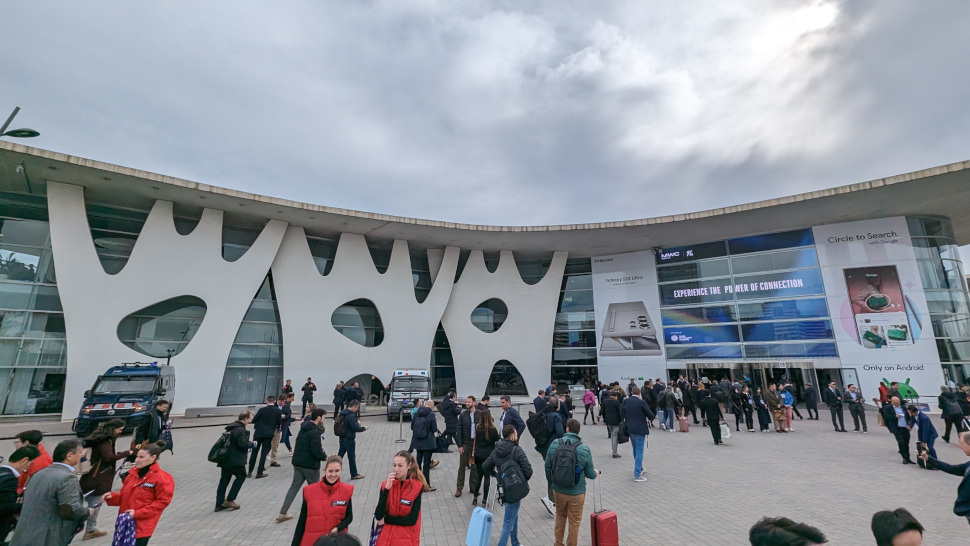
Mobile World Congress (MWC) 2024 is over, as we wrap up on a fabulous few days of news, keynotes and announcements.
We've heard from some of the leading forces in the B2B tech space, with plenty more to come in our interviews and features.
For all the top news and announcements we saw at the show, check out our live blog below, and stay tuned for more great articles coming soon!
- For all the latest consumer and handset news, follow TechRadar's MWC 2024 hub
Disclaimer: Our flights and accommodation for MWC 2024 were funded by Intel, but the organization has no editorial control over the content produced by TechRadar Pro during the show.
So what are we expecting to see at MWC 2024? The TechRadar Pro team give their thoughts and predictions...
Desire Athow, Managing Editor, TechRadar Pro
You will not be able to walk down the halls of La Fira without hearing vendors pitching ad nauseam AI-infused hardware, software or services; blame the meteoric rise of Generative AI - and ChatGPT - for that. MWC’s agenda will be dominated by artificial intelligence, either on the client side (with AI PC for example) or on the infrastructure side, as the industry’s rate of adoption of AI reaches an all time high. Against that backdrop, one of the key themes of this year’s conference, “humanising AI”, is particularly pertinent. I expect to hear a lot more about next generation connectivity as well with the usual suspects showing their latest research on 6G and beyond. 2024 may also be the year where MWC shuns B2C completely with barely any major consumer-facing devices expected to be introduced.
Mike Moore, Deputy Editor, TechRadar Pro
MWC is now fully restored to its place as the biggest and best mobile technology show in the world, and we have big hopes for this year's show. I'm looking forward to seeing and hearing a lot more about the work going towards the deployment of 6G technology, and how AI is doubtlessly set to play a massive part in this.
Although the show itself officially begins on Monday 26th, some companies have already held launch events or released news early, given the number of announcements jostling for attention at MWC.
As reported over on our sister site TechRadar, this includes Honor, which has unveiled its latest flagship smartphone, the Magic 6, earlier today.
Elsewhere, competitor phone brand HMD Global has teamed up with toymaker Mattel to release a retro-tastic flip phone featuring full-on Barbie branding, capitalizing on the biggest film of last year.
Over in B2B world though, we do have some breaking news...
Australian mobile operator introduces what it calls first proof-of-value engine for 5G slicing
Telstra may not be one of the biggest mobile networks in the world but its 5G slicing technology will definitely grab the attention of many. It allows the MNO to create multiple virtual networks with different performance variables to deliver QoS on a per customer basis. “What’s groundbreaking about this development is that it allows us to commit to a minimum performance level for a customer, then measure and report on the slice performance to know if the slice is performing as designed.” commented Shailin Sehgal, Telstra Executive Network Applications and Cloud. Telstra partnered with Ericsson for this slicing product and is on display within the Ericsson Hall at MWC.
Good morning from Day One of MWC 2024! After battling through Barcelona's iconically bad traffic, we're at the Fira, ready for the kick-off.
First up on the agenda today is the opening keynote. Hosted by GSMA Director General Mats Granryd, the panel is a seriously star-studded affair, with the heads of Vodafone, Telefonica, Orange, China Mobile and Centillion AI taking to the stage, under the theme of "The Art of What's Possible".
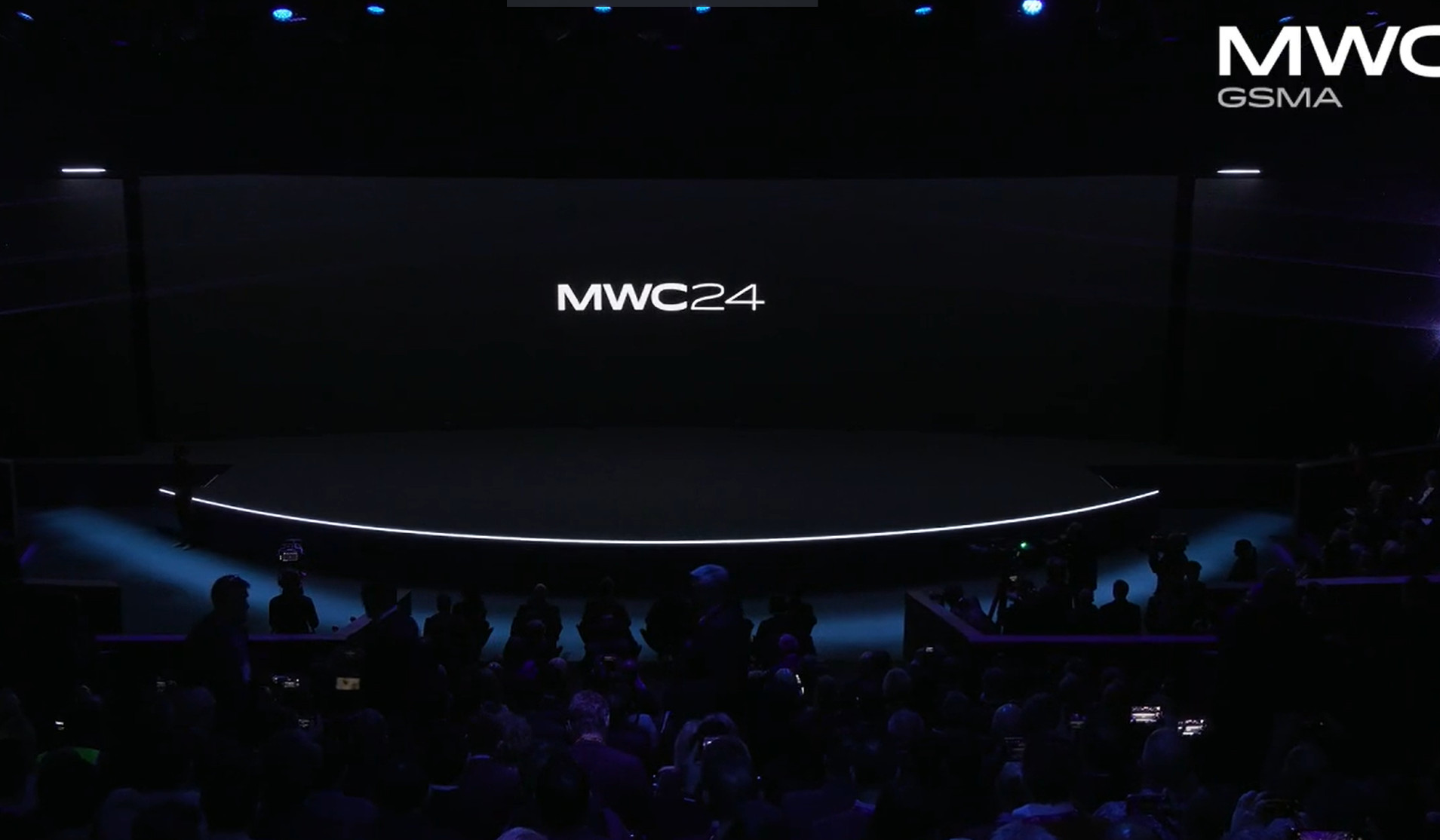
We're off - Mats Granryd, Director General of the GSMA takes to the stage, welcoming the great and good (the King of Spain and Governer of Catalonia are in attendance alongside other luminaries.
He notes over 50% of attendees at last year's MWC 2023 were from outside the mobile ecosystem.
"We are no longer just one industry, we are industries...connectivity is our lives, it brings us together," he notes.
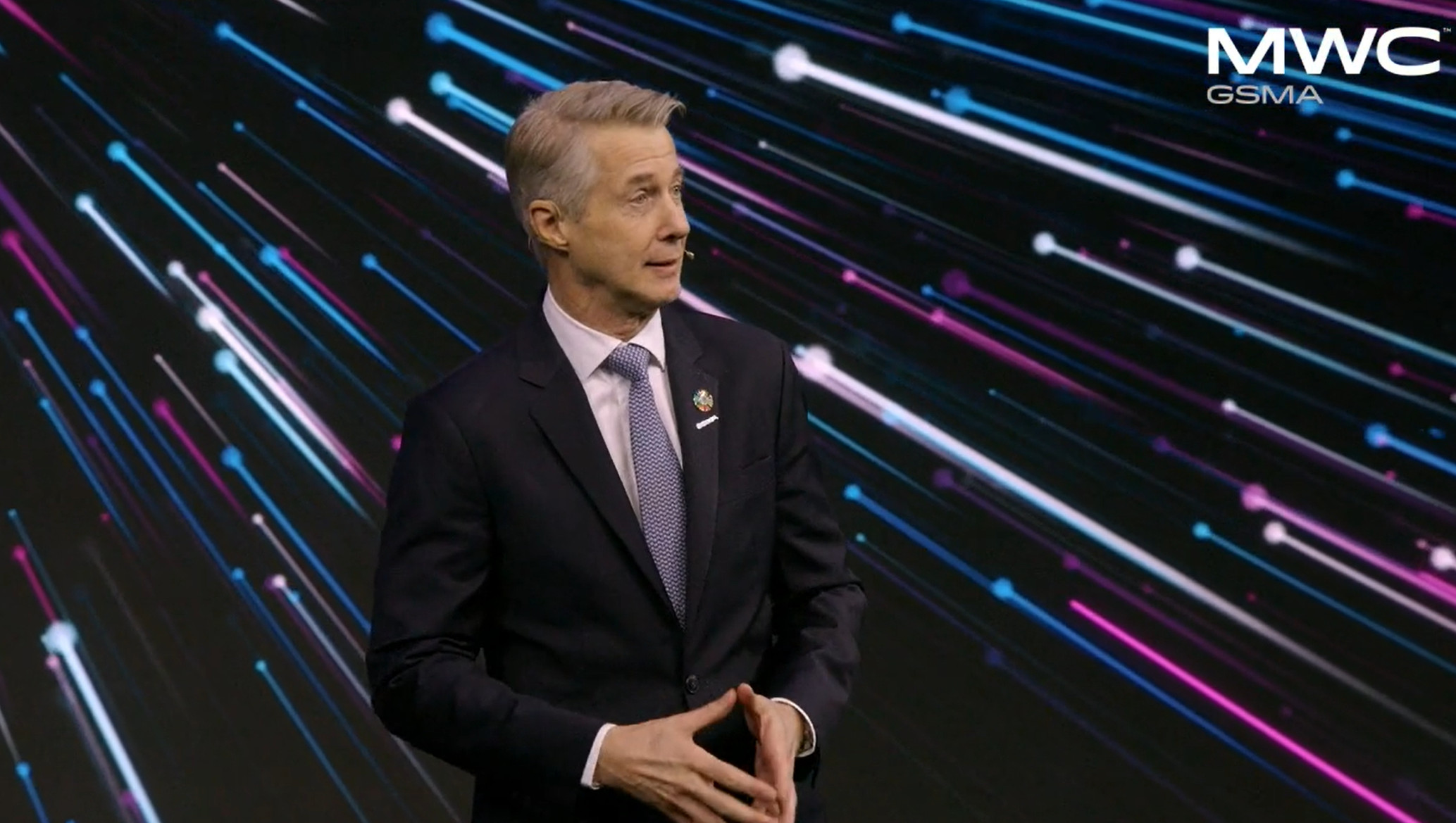
"My goal this year..stands for the goal of the industry overall," he notes.
Growth, Open Gateway, Alignment and Leaving No One Behind are his key goals, Grandryd reveals.
Focusing on Growth - Grandryd notes how 5G usage has grown, but revenues are actually fallin.
"This is a crucial time for us, and we have to find innovative ways to boost growth and close the investment gap," he says, highlighting a number of creative ways some operators are using 5G.
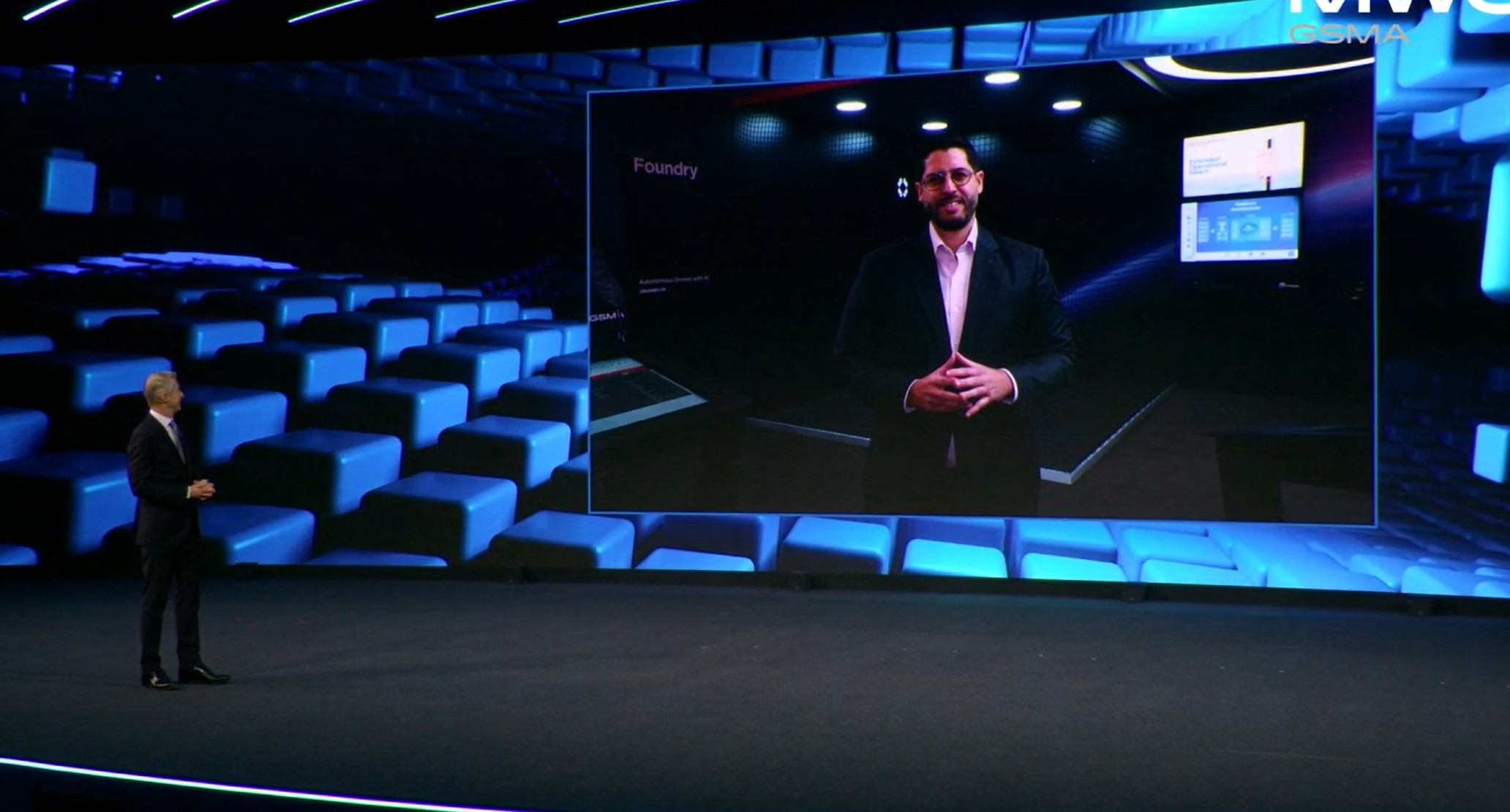
"As we face the future, growth will come from us working together across industries...creating endless possibilities," he says.
This bring us on to Open Gateway - the GSMA's bid to provide a free and open landscape for companies to build new services and networks for customers across the world.
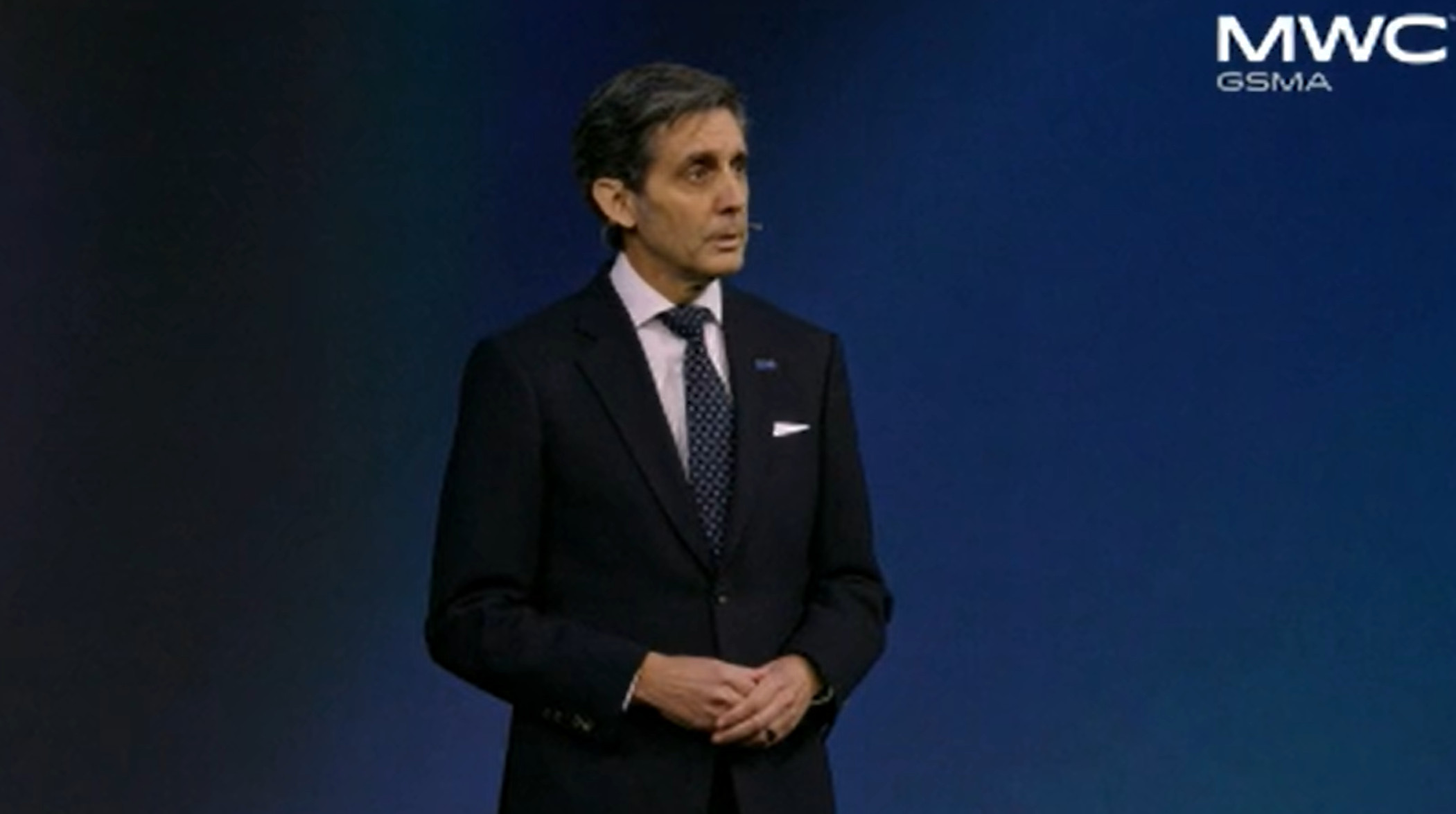
Now Granryd welcomes the CEO of Telefonica, José María Álvarez-Pallete, to give his thoughts.
"In this sector, we get things done...the future is already here, it is happening," he declares, unsurprisingly tipping his hat to ChatGPT and other generative AI models.
Drones, robots, IoT and more are also here, and they require fast and reliable networks, he adds - and that's why MWC is so important.
47 operators across 239 networks have already signed up to Open Gateway, Álvarez-Pallete notes.
"We are together in this," he declares.
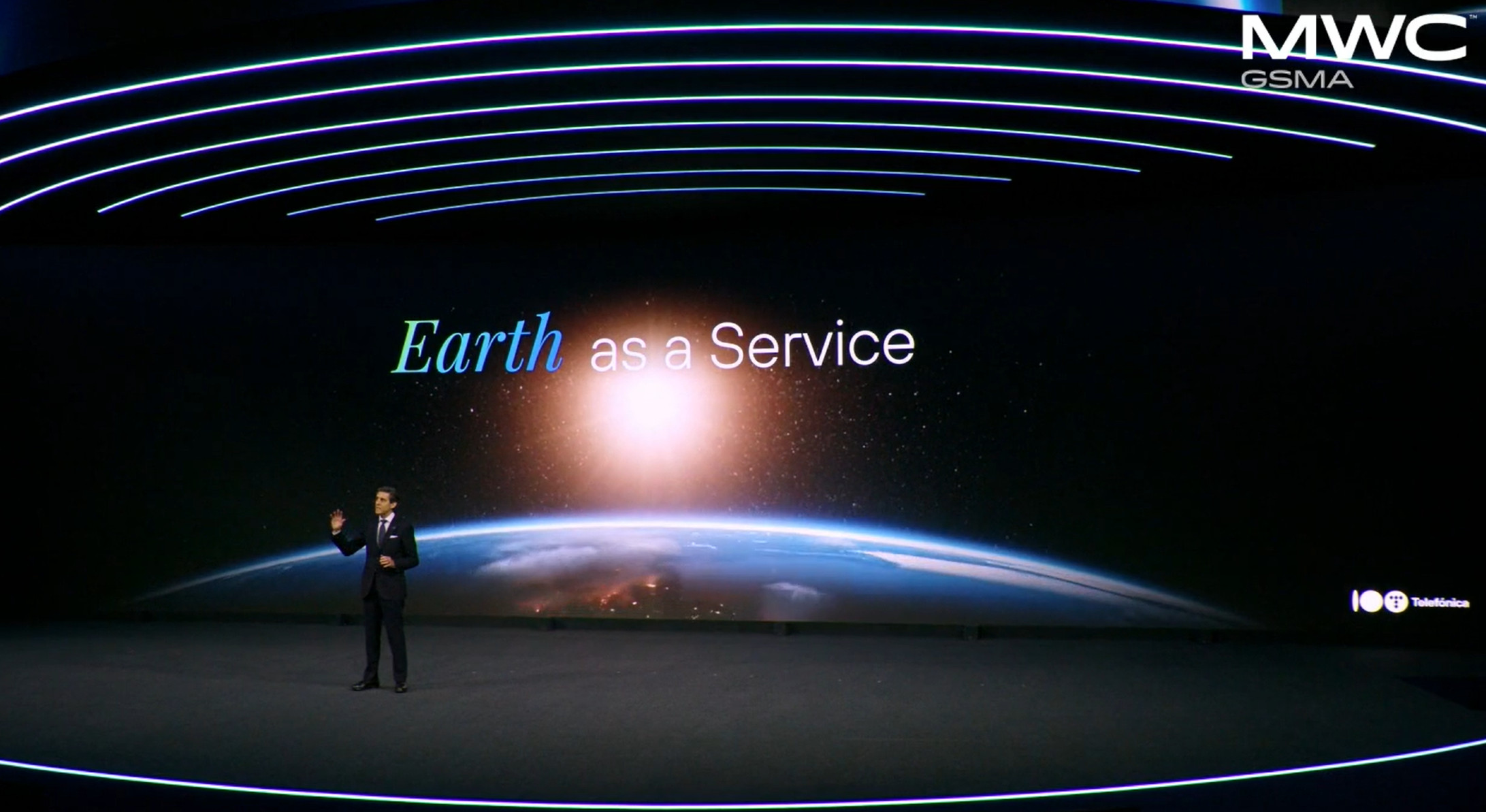
"The future is here," he concludes, and will always need faster speeds and better reliability, so the need for innovation has never been greater.
This is a journey towards fully autonomous networks, he notes, with humans taking a supervisory role - as we move towards an "earth-as-a-service".
But the need for responsibility is also paramount, with energy usage and environmental concerns a major worry as resources come under stress. The growth of AI is putting even more stress on networks and cloud services, so the need for innovation is greater than ever.
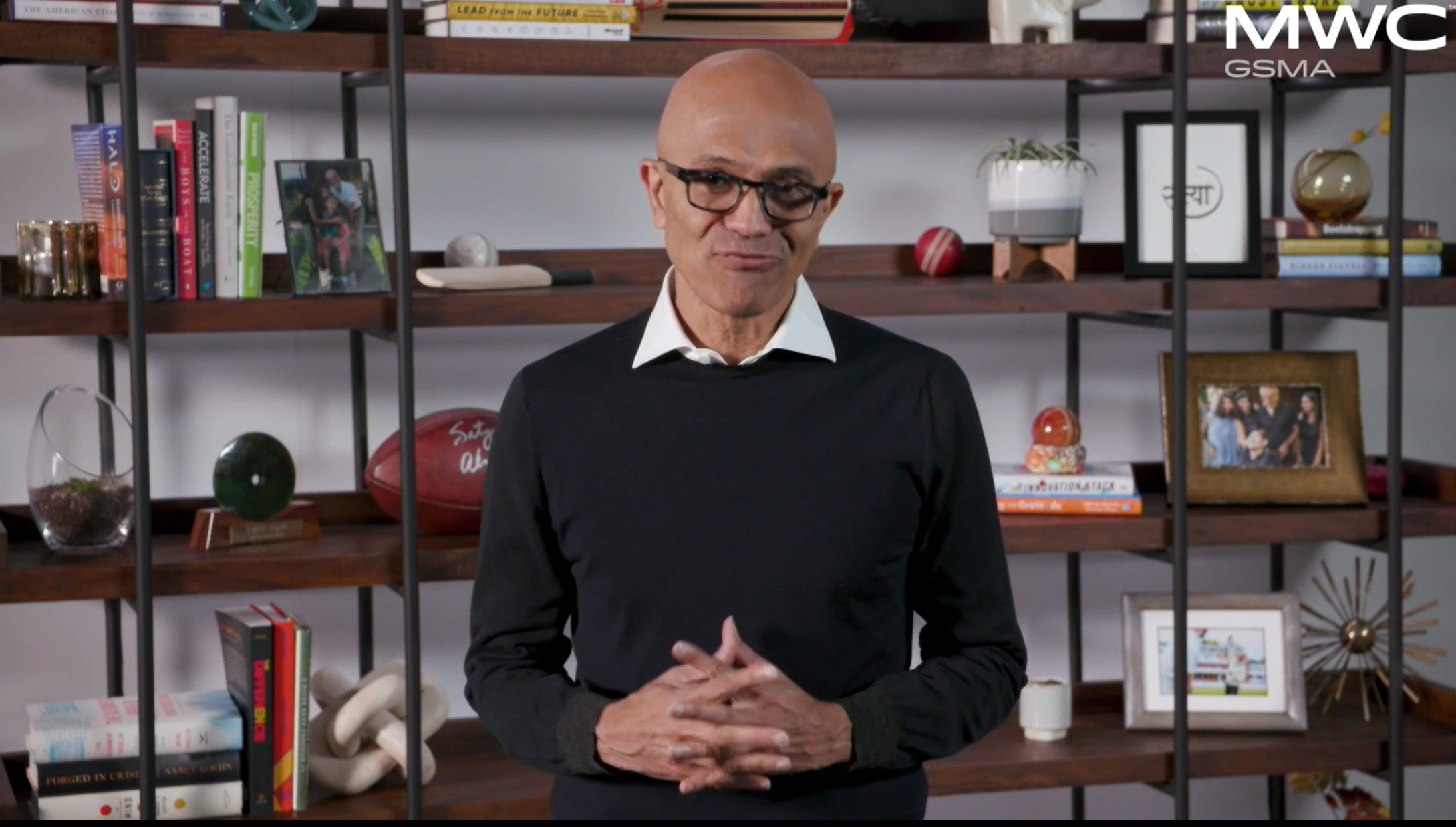
AI "needs the Earth and the cloud to collaborate", he notes, introducing a video from Microsoft CEO Satya Nadella.
Nadella praises the effect of the GSMA Open Gateway, which is now available on Microsoft Azure, and hails the future of AI development.
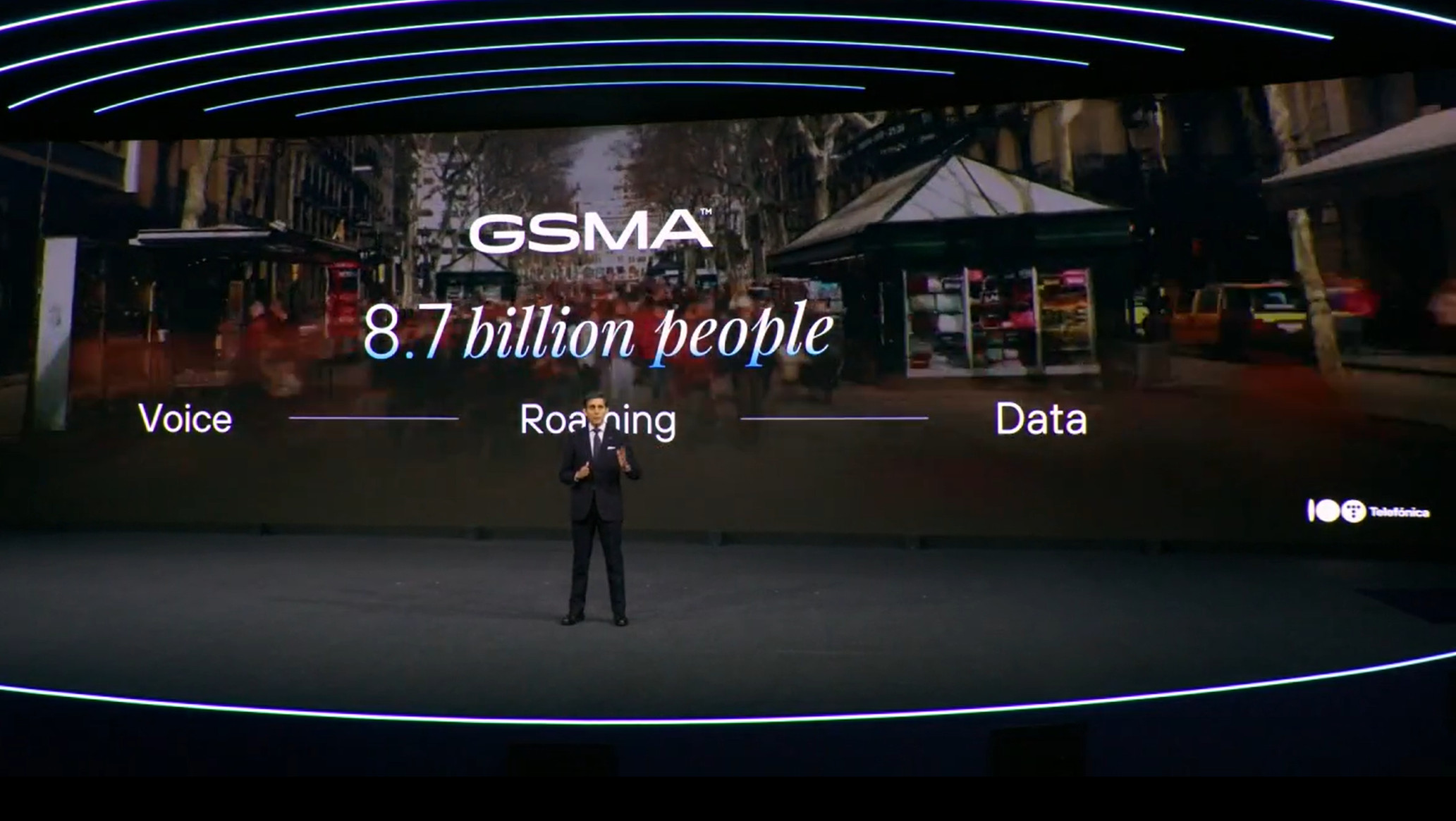
"We are just at the beginning of a new era," notes Alvarez-Pallete. "It is time for collaboration...and a new regulatory landscape, we need 21st century regulation."
Now it's down to us (well, the mobile industry) to take this initiative to move forward and innovate.
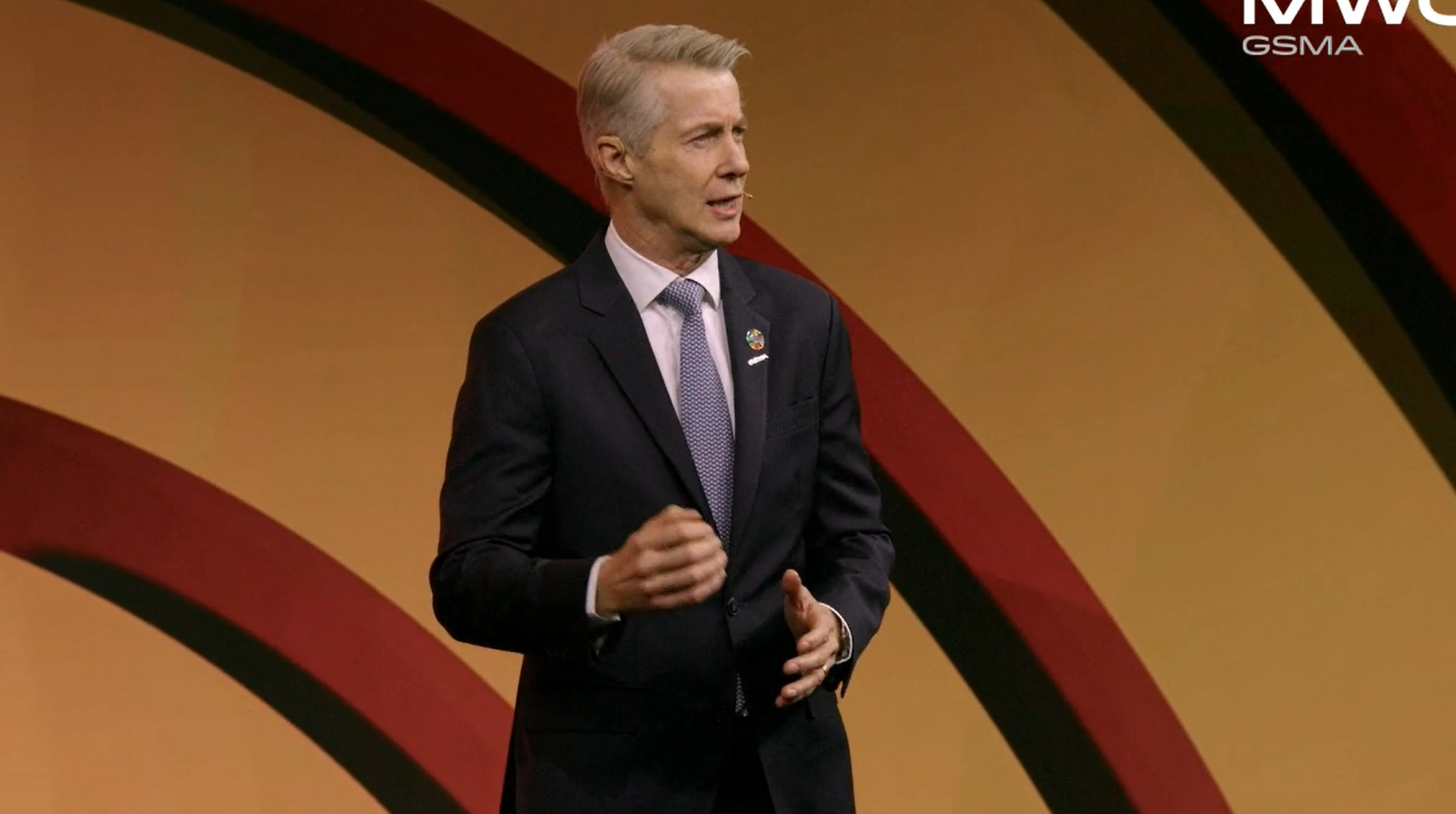
Granryd is back, and moving on to his third goal - Alignment.
He harks back to the history of the GSMA to bring different companies and organizations together in pursuit as a common goal, whether that be spectrum, human rights or whatever is needed.
Investment, sustainability and AI are going to be the next big issues for the industry, he notes - and networks have a key role to play. Between 2025 and 2030, operators are due to spend billions in boosting their networks, but this needs to be balanced with sustainability goals.
"Where there is opportunity, there is responsibility," he notes, highlighting the importance of working together.
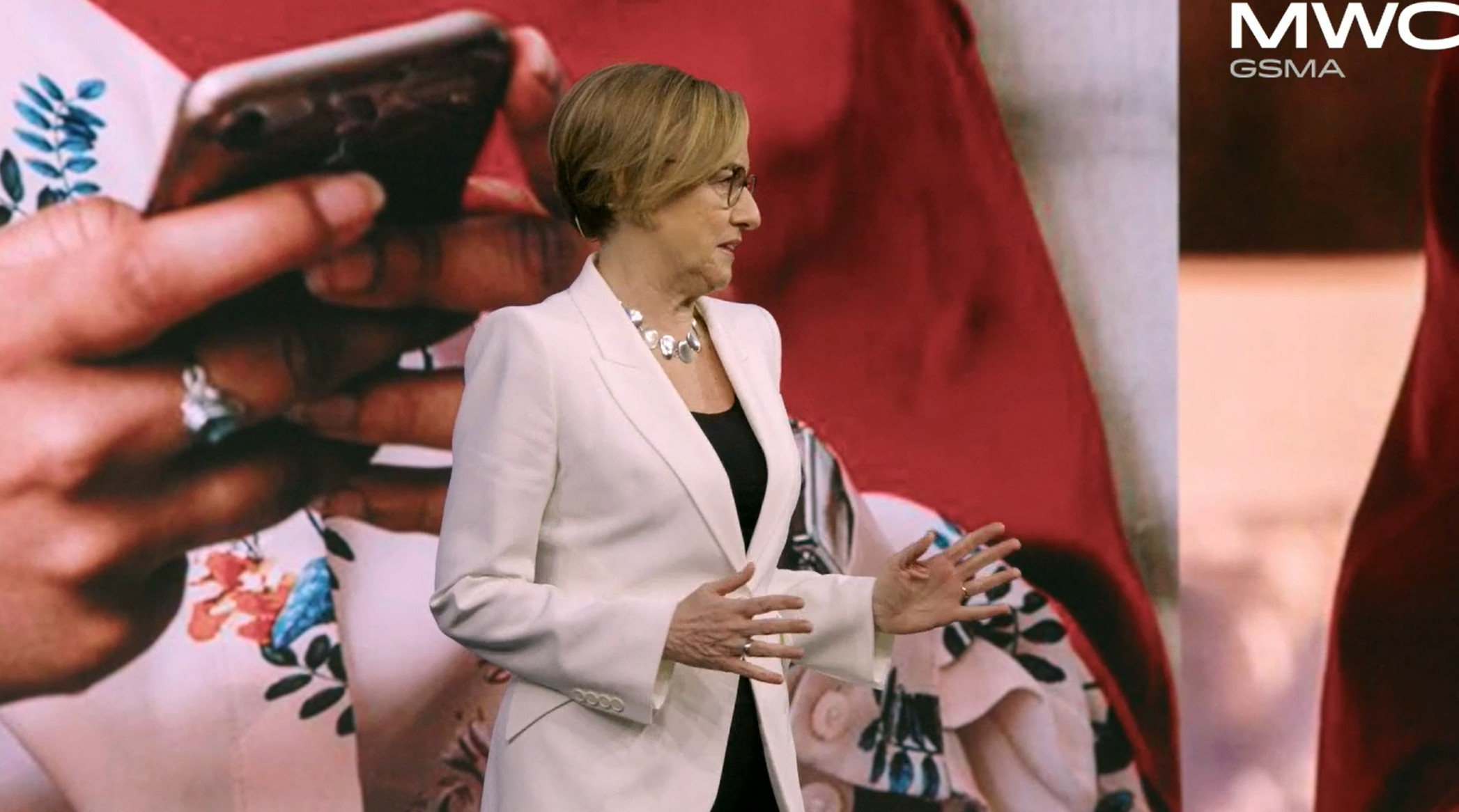
To talk more about this, Margherita Della Valle, Vodafone CEO, takes to the stage.
She notes how mobile technology has saved lives and boosted people around the world over the past few decades - and now it's time to take the next step.
The Industrial Internet will connect machines and applications with cloud-based platforms, enriching systems and lives across the world, she says.
"We're only really limtied by our imaginations," she says.
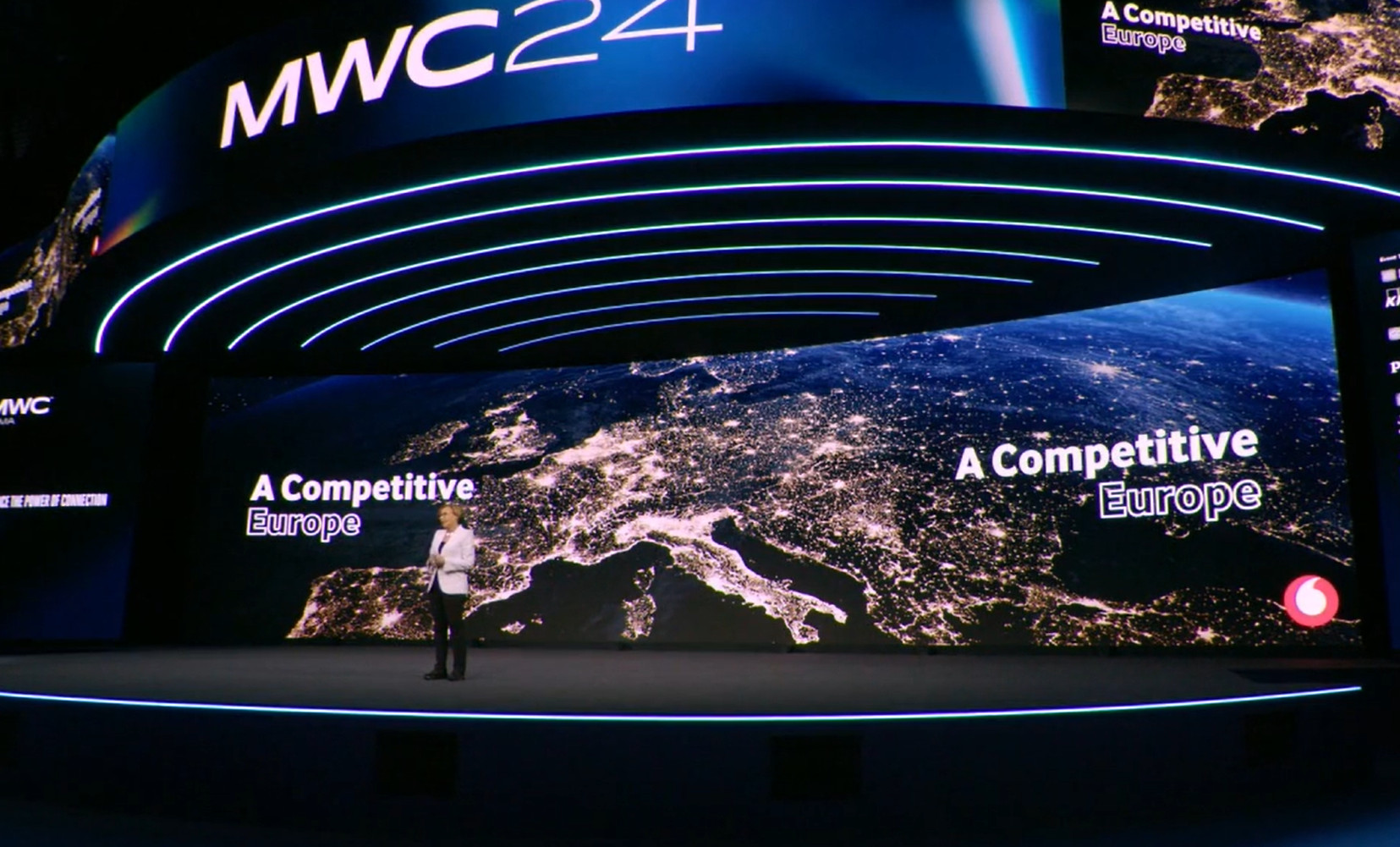
Della Valle is calling for a new approach - partnering. Whether within or beyond the tech industry, building a broad ecosystem at scale is vital, she notes.
She first takes a hard line against regulators in Europe - calling for an entirely new approach for a continent-wide set of regulations, rather than multiple fragmented rules depending on different countries.
"European economies need our investment - let's work together," she says.
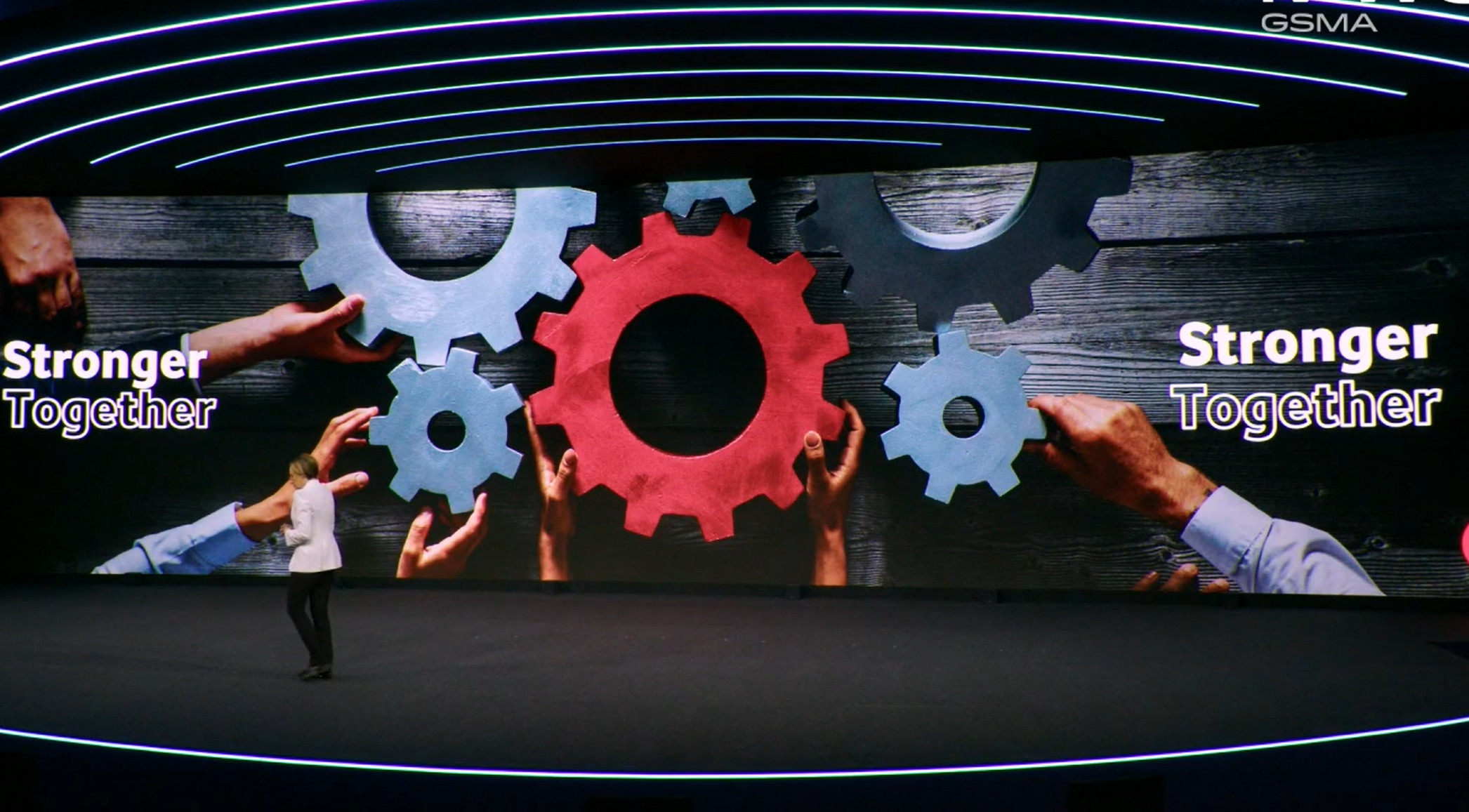
Della Valle also calls for greater collaboration within the industry, highlighting her own experience within Vodafone on developing Open-RAN, edge cloud and more.
Her company is working with the likes of Google, AWS and Microsoft to get the best combination of connectivity and technical expertise, showing how vital these link-ups can be, she says.
"We are ready to play our part - and we call on our partners...to join us, and play theirs," she says.
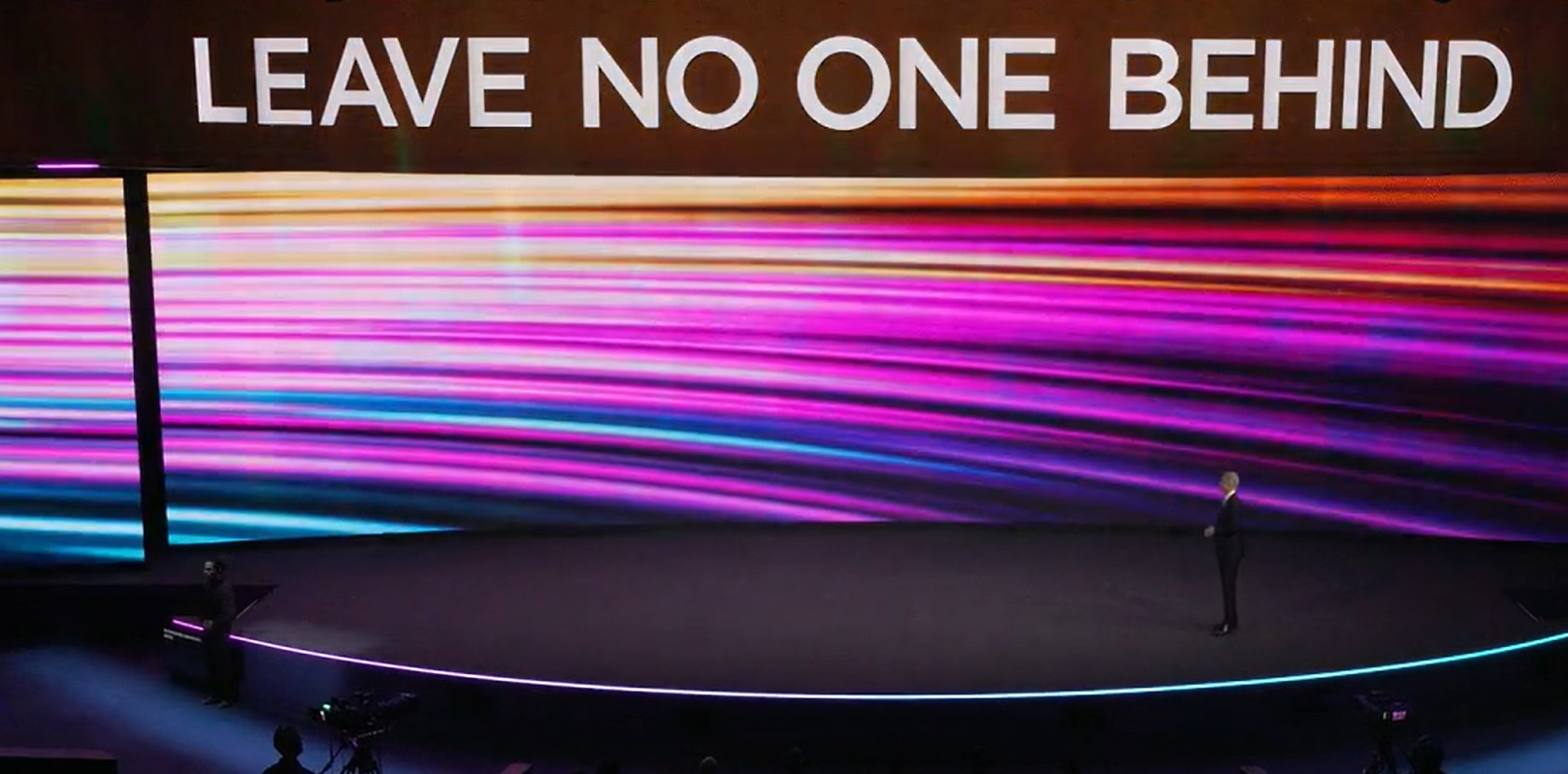
Granryd returns, and moves on to his final goal - "leave no-one behind".
"The pace of porgress is slowing down - it's so frustrating...we cannot afford to leave anyone behind," he notes, highlighting the huge potential of untapped mobile users across the world.
Now it is up to operators to take this opportunity - and to showcase this, he welcomes Yang Jie, Chairman of China Mobile, to the stage.
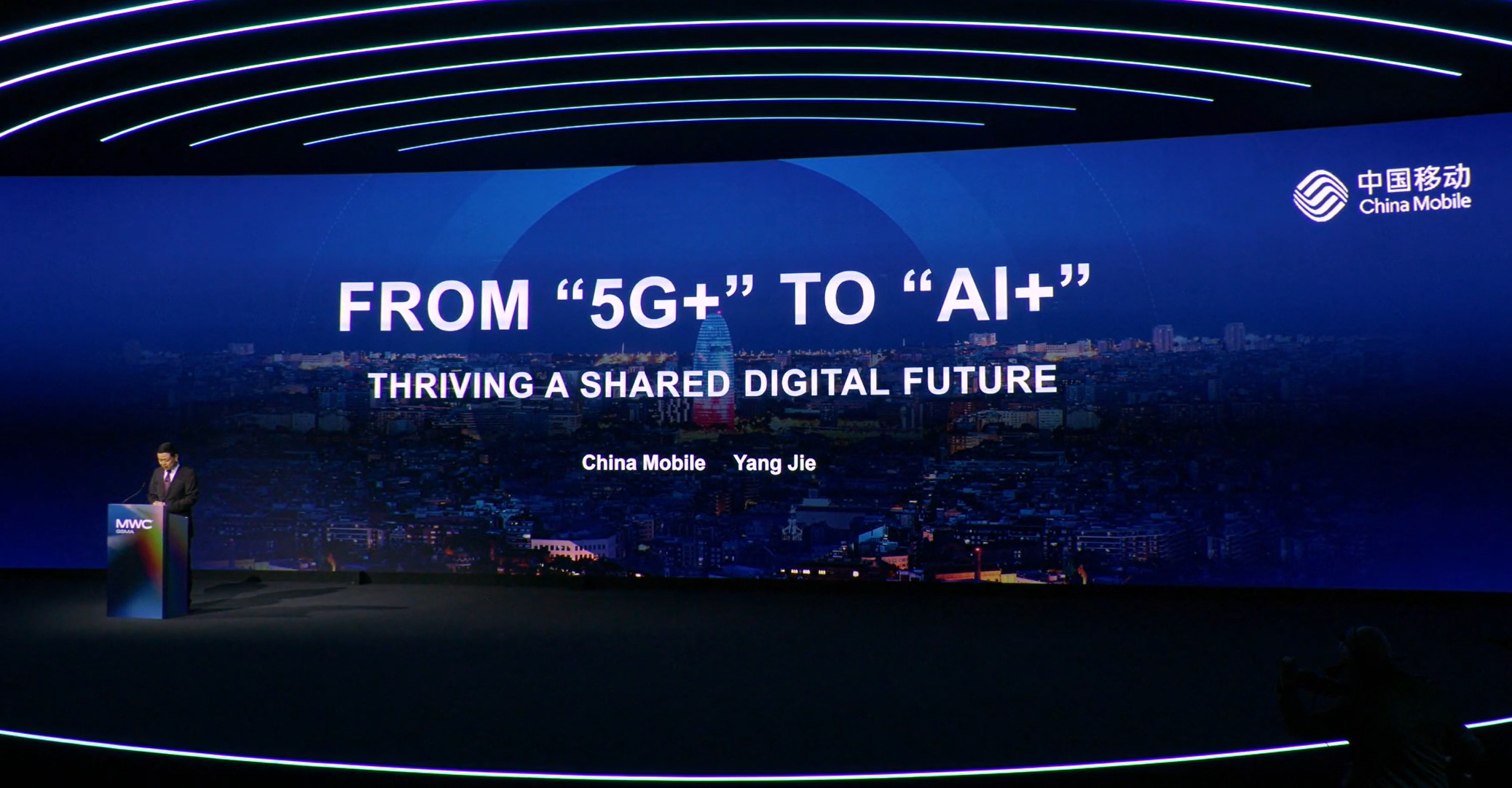
Unfortunately, the translation tools aren't available for Mr Yang's speech, so we're looking at his slides instead. First is a focus on data as a key factor in boosting production - harking back to Della Valle's call for an "industrial internet" push.
There's a lot of discussion about AI, infrastructure and innovation - seems China Mobile is going to back a big investment push in all these areas.
We *think* that might have been the first-ever mention of 7G technology (albeit in relation to science-fiction films) - but China Mobile clearly has its sights set on the future.
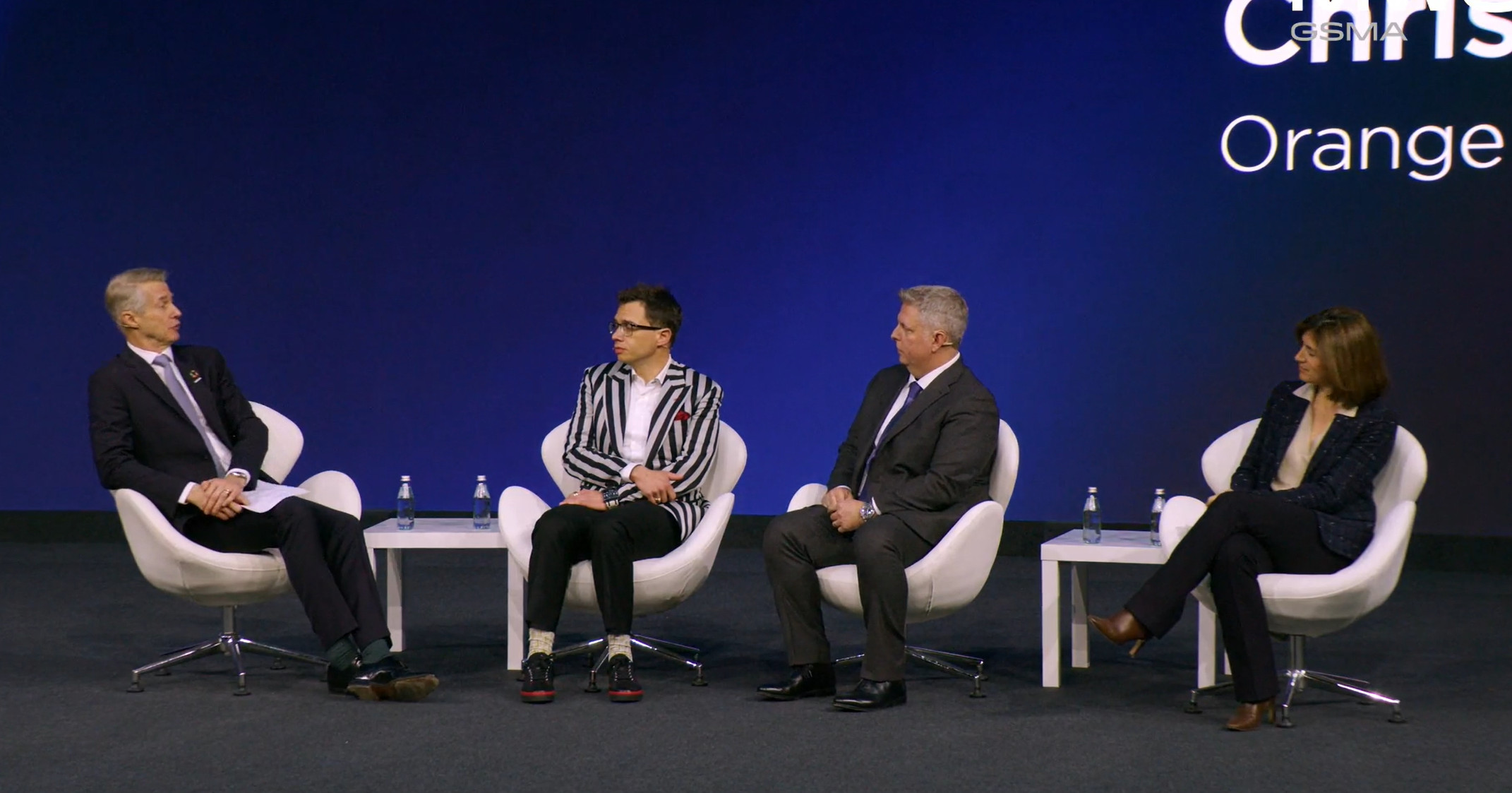
Granryd returns, to introduce a couple of panelists to close out the keynote. He's joined by Nick Venezia, CEO of Centillion.AI, Christel Heydemann, CEO of Orange, and Jason Zander, EVP, Strategic Missions & Technologies at Microsoft.
AI and innovation investment are key focuses once again, with an AI-driven network a big focus for Zander's Microsoft.
"Our strength is in collaboration," Granryd says, and that's a wrap on the opening keynote of MWC 2024!
We're off to find some coffee and roam the show floor - but stay tuned, as we'll have some news stories from the show coming up soon.
Demand for refurbished smartphones grew in 2023, Vodafone report finds
European consumers are increasingly willing to purchase a second-hand or pre-owned smartphone than buying a new device, new research from Vodafone has found. The 6th edition of the Recommerce Barometer in partnership with Vodafone, found that nearly half (43%) of Europeans have already owned a second-hand smartphone, a rise on the previous year, as the worldwide market for second-hand smartphones expanded to 309 million units in 2023. The report added that over a third (35%) of Europeans want to get a different current smartphone in the next 12 months, with refurbished devices set to account for 27 million devices sold and 52% of Europeans saying they are willing to buy a refurbished smartphone in the future.
Nokia, SKT, NTT and DOCOMO working on AI-native air interface for 6G networks
Other than AI, 6G is what most network companies will be preparing for in 2024. AI-AI (as the press release puts it) is an essential technology that should shorten the time to market for 6G products by improving performance and increasing energy efficiency. 5G was a hot topic at MWC 2014 and one can expect 6G prototypes to appear as early as next year. A proof of concept video demonstration of AI-AI will be available in SKT’s booth at MWC Barcelona 2024 in Hall 3, Stand 3I30
1Global aims to become super white label e-SIM brand for Fintech
London-based 1Global, formerly known as Truphone, revealed a bit more about its plans for growth in 2024. It partnered with one of the biggest fintech players in Europe, Revolut, to offer integrated eSIM capabilities to its 35 million customers globally. The service was launched in the UK first on Feb 12 and will cover up to 100 countries. “In Revolut’s case, full integration of 1GLOBAL technology was made into its own app and under its own brand. Alternatively, companies can offer 1GLOBAL connectivity simply as a 3rd party or affiliate via references (such as a QR code) that directs the user to download their eSIM and 1GLOBAL software”, a spokesperson for the firm told us. There are more than 1 billion eSIM capable smartphones, mostly mainstream and high end models, and GSMA expects the number of eSIM phone connections to grow from 850 millions in 2025 to 6.7 billion in 2030. Expect some surprising new entrants in that vertical: NordVPN, one of the world’s largest VPN providers, announced that it would launch its own global eSIM service called Saily later this year.
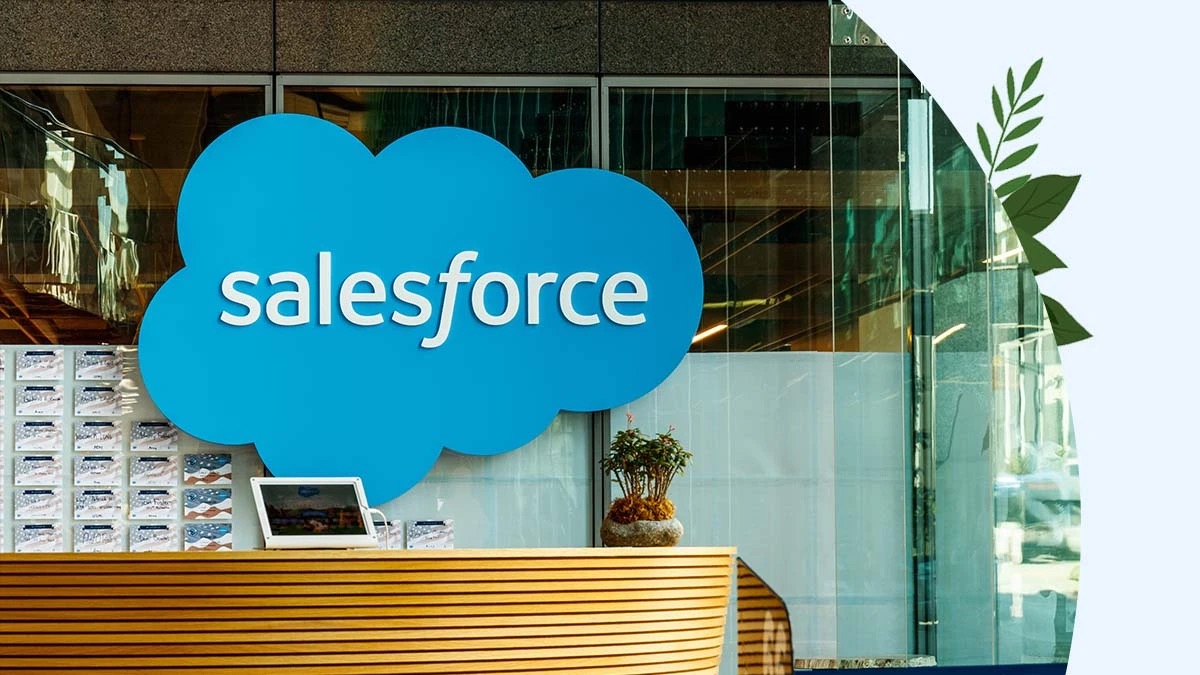
Salesforce unveils Billing Inquiry Manager to boost customer satisfaction
Salesforce has released a new service in order to help resolve billing issues and improve customer support across the globe. Billing Inquiry Manager, a new tool for Salesforce's Communications Cloud, will use generative AI to help give service agents, primarily at communications service providers (CSPs) a much more comprehensive overview of a customer's data, including account history, billing information and payment schedule, to help overcome issues faster than ever before. The tool is built on Salesforce's Einstein 1 AI platform, meaning it can also generate AI-powered insights that should help solve problems and boost customer satisfaction across the board.
Kyndryl launches unified SIM for better connectivity between private 5G networks across the globe
In order to help boost mobile connectivity across industrial companies and operators, Kyndryl has announced a new IMSI SIM service it says can provide most resolute and reliable connections. The data-only service will be able to reach over 150 countries through global carriers, and can dynamically switch between private LTE/5G and public mobile networks for optimal connectivity performance and cost management. The company says it will be able to connect a range of next-generation industrial tools and applications, including IoT devices, machinery tracking, and automated digital procedures on mobile devices outside of manufacturing plants.
Red Hat and Intel team up on private 5G systems for businesses
In order to help industrial firms get the most out of next-generation networks and connectivity technology, Red Hat has announced a new partnership with Intel concerning private 5G. Taking a step ahead of traditional ethernet and on-site cabling technology, the company says private 5G can provide low latency, extended coverage, increased reliability and high privacy and security. Its new cloud and edge-native private 5G offering for businesses uses Intel FlexRAN software delivering private wireless on the newly launched Intel Edge Platform and Red Hat OpenShift, with use cases ranging from predictive maintenance, improved mobile sensors, and more AI connected devices than ever before.
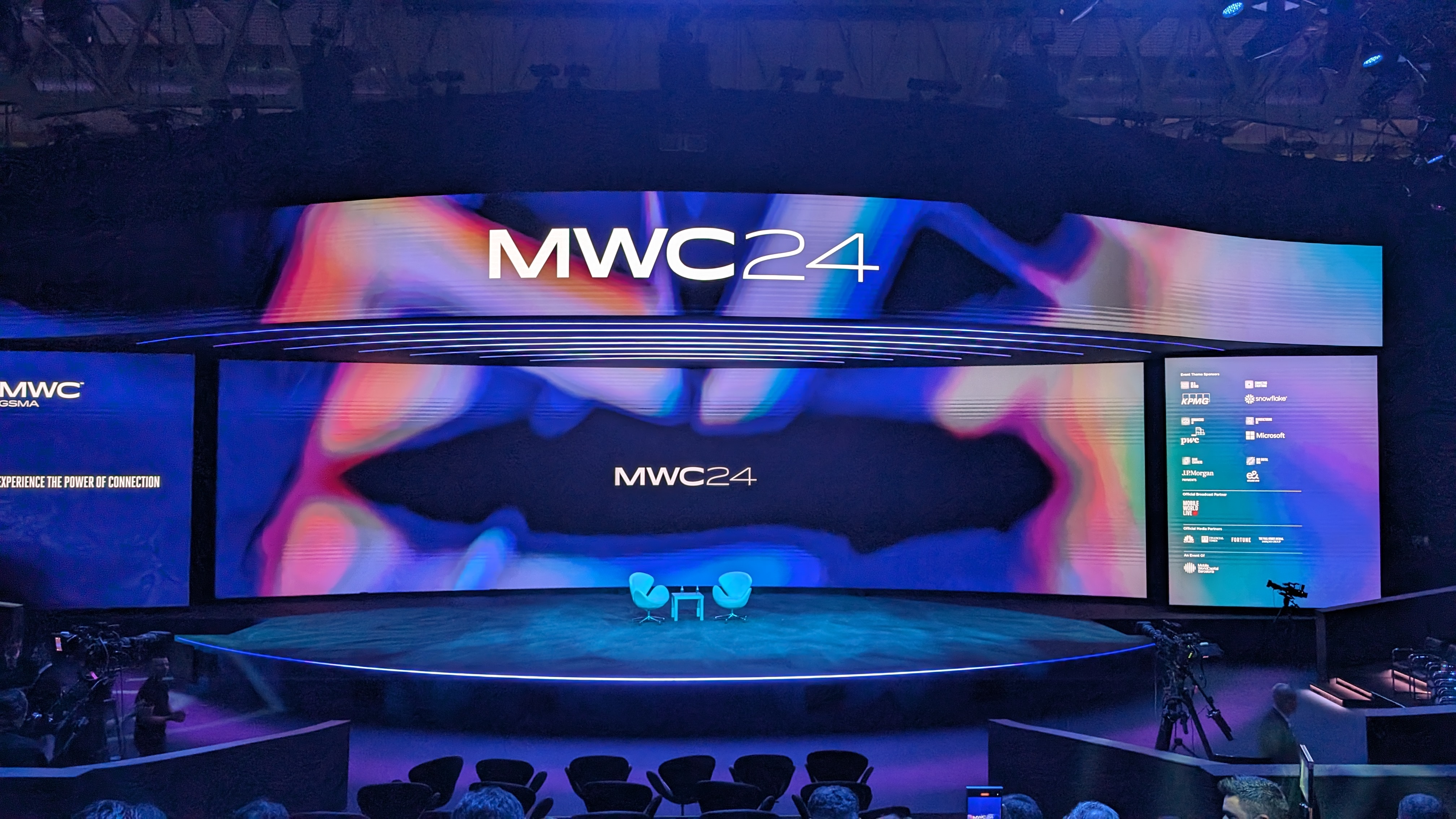
After a fortifying lunch, we're back at the keynote stage for more AI - but if anyone can tell us something new, it's CEO and co-founder of Google DeepMind, Demis Hassabis.
In a keynote ominiously entitled "Our AI future", we're expecting to hear a lot more about what Hassabis sees of the current state of the AI market, and what we might expect over the next few years.
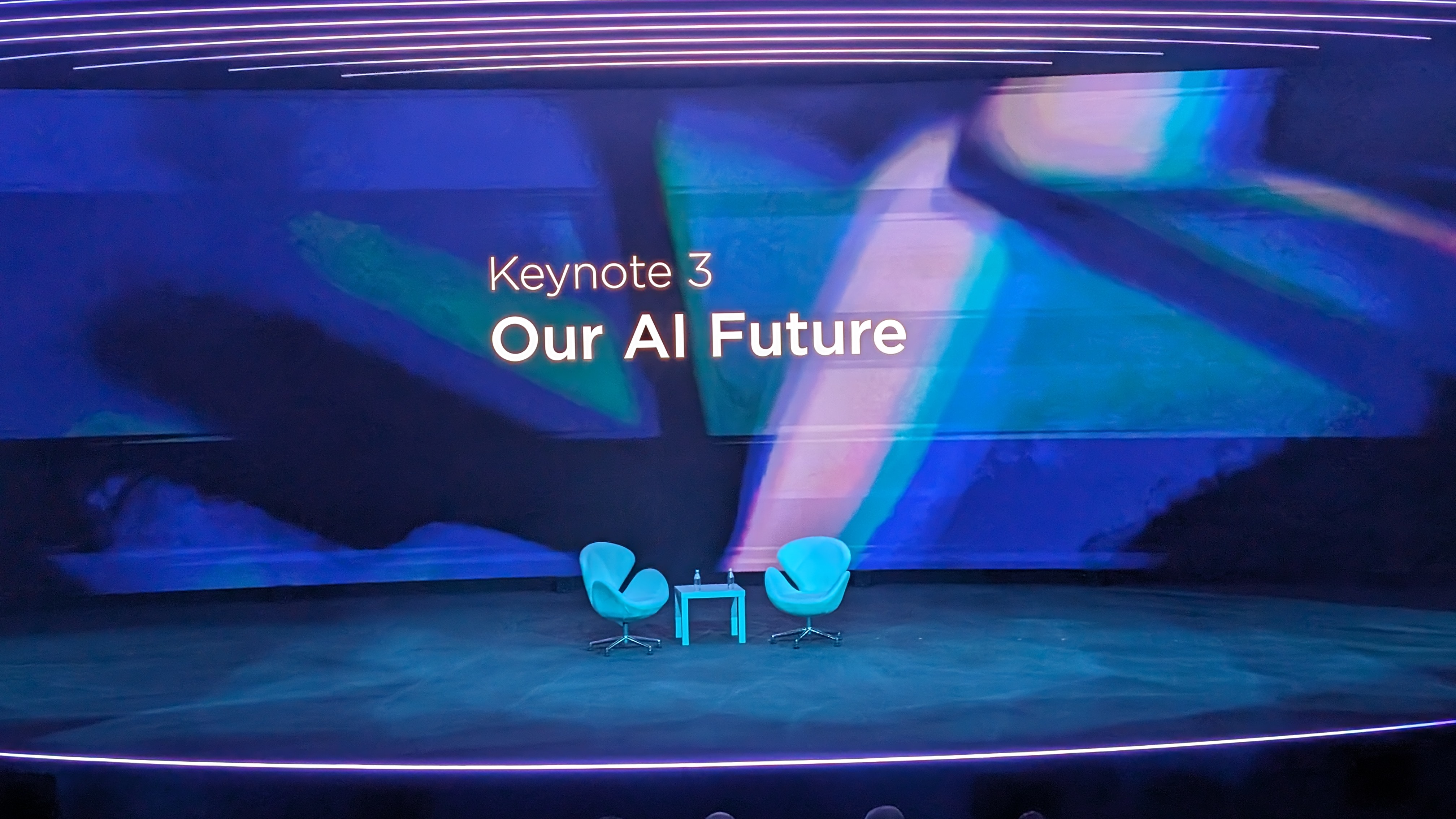
Hassabis is talking to Steven Levy, editor-at-large, for Wired, so it will be interesting to see how closely he is probed...
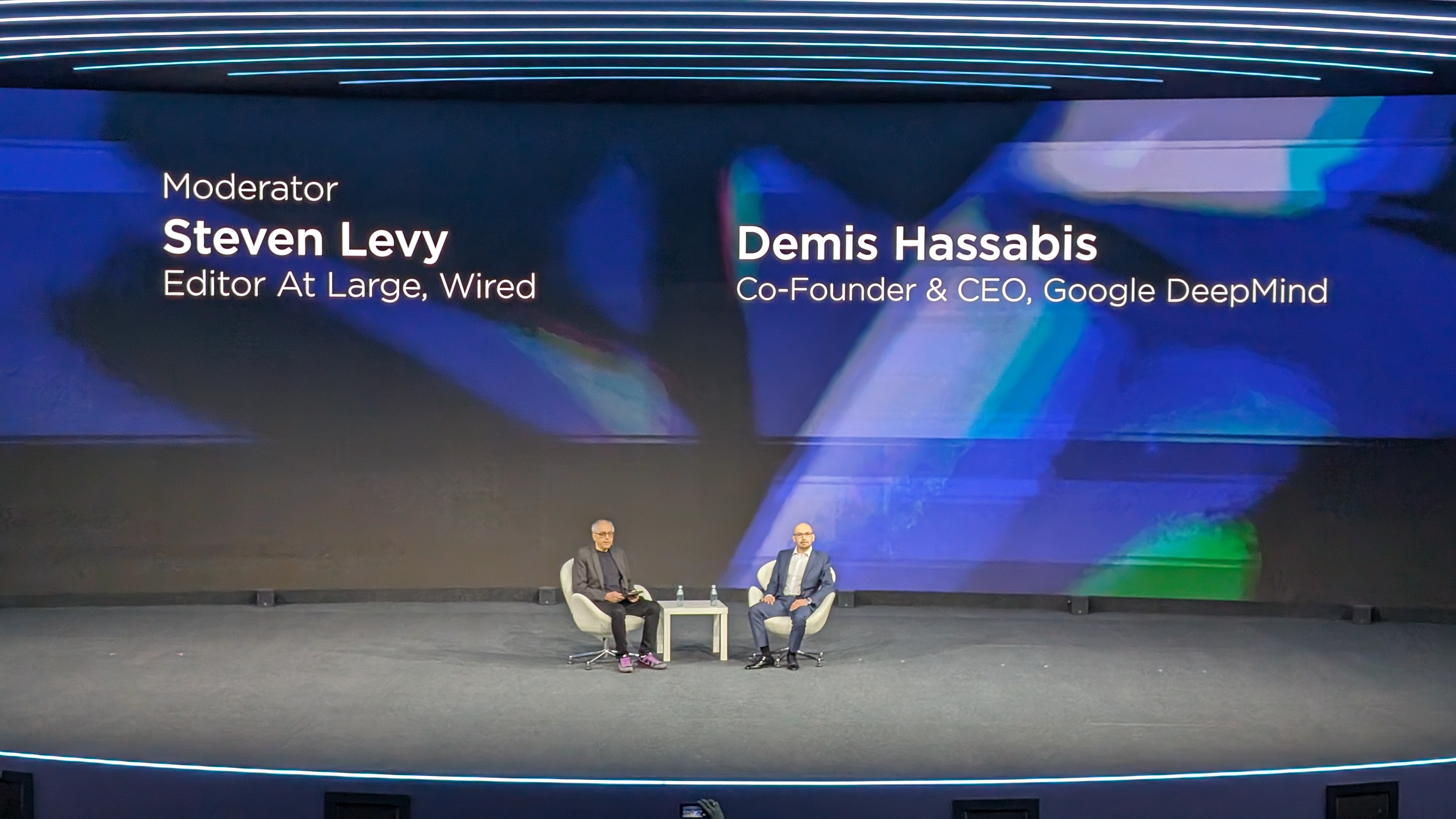
Hassabis takes to the stage, and after a brief welcome, is asked by Levy if we are at "the AI moment" - and his background interests in AI.
"AI for me has really been my entire life mission," Hassabis says, mentioning his childhood love of chess as a motivator behind his work in AI.
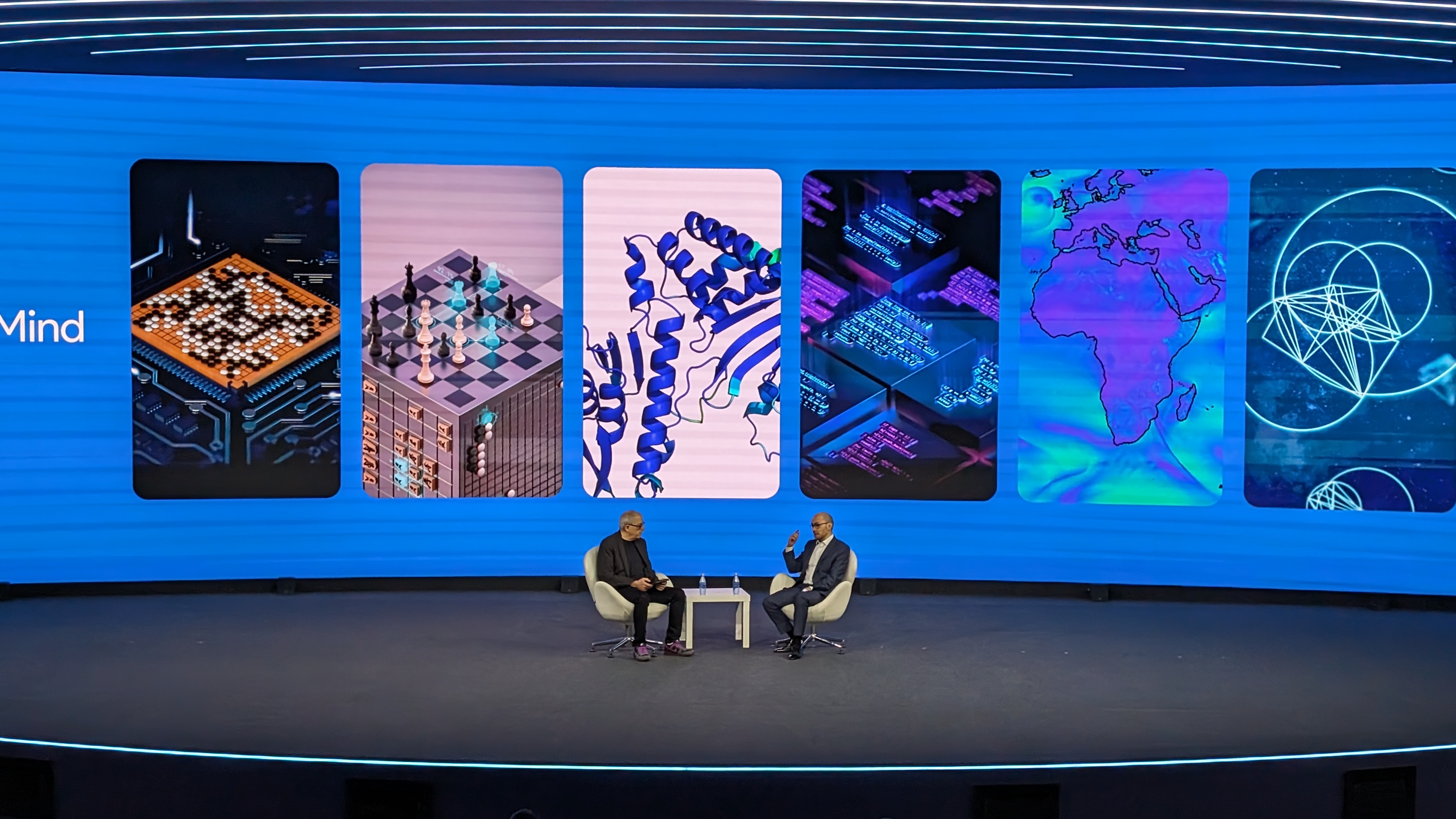
After a tour through his background in gaming and healthcare, Levy brings us back to the present day, asking if we have now come to a new era that isn't focused entirely on the human brain.
Hassabis says AGI has turned out to be much more scalable and powerful than imagined, and now we're into a new era where engineering at scale has become the dominant technique that we need to build on.
Explaining more on AGI, Hassabis notes how it will allow us to mimic the cognitive experience we have - and that it may not be obvious to spot for us.
When quizzed by Levy on exactly how big an impact AGI can have, Hassabis says it looks like it will be more of a gradual increase than a step change - but he does say he expects some big moves forward will be coming soon.
"You don't need to wait for AGI for these technologies to be immensely useful in our everyday lives," he notes.
Asked if he expected the amount of success from DeepMind and general AGI, Hassabis says he definitely did not.
The company had to build up to its current level, he says, using games such as Go to gain knowledge and momentum.
Levy moves on to protein folding, another early DeepMind success, with Hassabis outlining how the company's systems were able to make huge advances in a short amount of time.
We now moe on to Isomorphic, Hassabis' new company, which is working on developing new medicines and drug treatments using its protein knowledge.
"I think in the next couple of years, we're going to see AI design drugs in the clinic," he declares. "I hope drug discovery will shrink down...to just a couple of months."
What are the next big projects for AGI? Construction and material science, apparently, with Hassabis saying he dreams of discovering a room-temperature super-conductor.
Weather prediction, climate change action and mathematics are also big areas of focus going forward, he says,
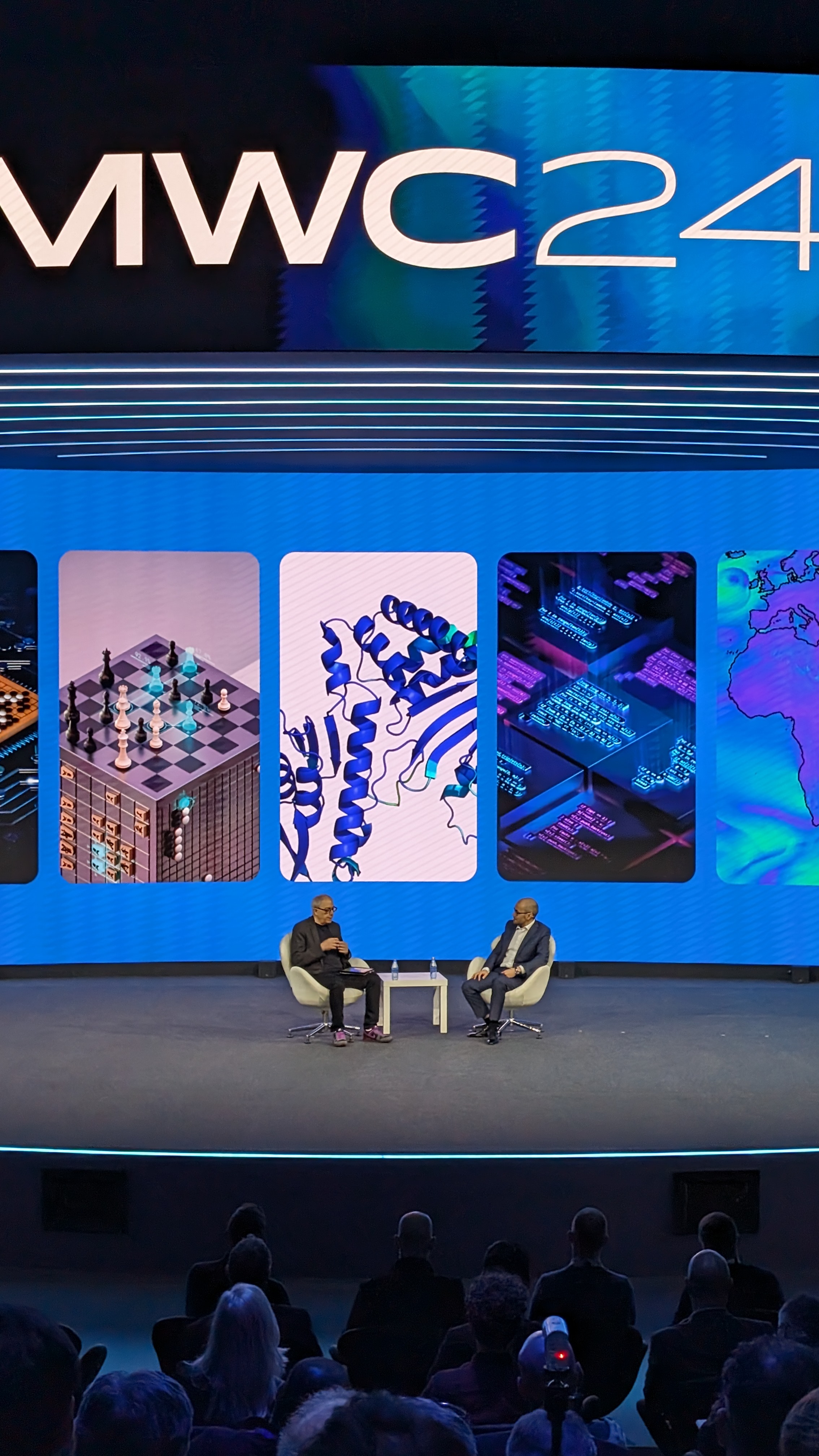
With the complexity of AI growing, will humans be smart enough to understand its answers, Levy asks.
Hassabis says it is a concern, but for the time being, some human interaction and management is key. He also says a whole lot more research needs to be done in understanding the very systems AI builds and works on, including how to control them, predict what they might say, and work out what guardrails might be needed.
"We shouldn't expect these systems to be easy to understand," he says.
Switching more towards business, Levy asks about Google itself, and what effect OpenAI and ChatGPT's drastic success had on the company's actions and strategy.
Hassabis notes that Google has a long history of big innovations, and congratulates OpenAI on its success in scalability - noting that it is pretty unusual to have such a step change based on purely doing things bigger.
He notes that the public reaction also showed there was a consumer appetite for the technology, despite its obvious flaws, finding value and use cases - which then made Google change its tactics and build the biggest comeback it can.
Hassabis mentions Gemini, and Levy asks him about this - especially the recent image generation scandal that plagued Google's AI platform.
Hassabis says it was a "relatively new model" that, although phenomenally powerful, "wasn't working quite the way we wanted it to work."
These are the nuances of such a powerful new model, he says, adding that a generic prompt might cause Google, which works in over 200 countries, to offer a more diverse option.
"We care about historical accuracy," he says, noting the function should be back online soon.
Pressed by Levy on how a model might reflect a specific point of view, particularly if misued by a propagandic or offensive regime, Hassabis says it is a major concern.
"There's really important research and debate that needs to happen...it's a social-technical problem that needs everyone to discuss it," he says.
It may not be an issue now, he says, but in a few years, these next-generation models that can plan and make goals will need society to come together and decide on rules and regulations.
Final question - we're here at MWC, so Levy asks what role AI can play in mobile devices.
Hassabis says there's an "tremendous opportunity" to build next-generation smart systems that are genuinely useful in everyday life. This could even influence the very type of device being used, with smartphones evolving from their current form factor - maybe to smart glasses.
"I think there's all sorts of amazing things to be invented," he concludes.
That's a wrap from here, so we're off to worry about an AI future, but we'll be back with more news and one final day one keynote shortly...
ServiceNow is bringing Nvidia-powered generative AI tools to telecom providers everywhere
With generative AI a common presence all around MWC, ServiceNow has expanded its existing partnership with Nvidia to launch a number of telecoms-focused tools. The initial launch, a customer service tool called Now Assist for Telecommunications Service Management, is built on ServiceNow’s Now Platform, and uses Nvidia’s AI software and hardware to help improve the productivity of customer service agents, speeding up resolution times and hopefully enhancing customer experiences by providing faster and more accurate support where needed. The tool is able to quickly summarize case activity, providing notes from each customer interaction, and suggest the next best action, helping agents resolve customer problems faster, meaning they can focus on more complex queries that might require personalized attention.
Google Cloud boosts telecom networks with open source release
Creating new intent-driven networks could soon be a whole lot easier thanks to a new release from Google Cloud. The company has revealed the general availability of its Telecom Network Automation tool, providing intent-driven automation for telecom networks based on the Nephio open source project. The product, available now from the Google Cloud console, allows for smoother and quicker deployment of cloud and edge telecom network infrastructure, and provides ready-to-use cloud-native automation for telecom networks everywhere.
Our final keynote of MWC 2024 day one features some true heavyweights from the business technology world.
First up is Brad Smith, Microsoft’s Vice Chair and President, who will be talking about the "emerging AI ecosystem", including the company's view on the evolving technology stack.
Then, Michael Dell, founder and CEO of the eponymous PC company, will be discussing its vision of the future of the telecoms industry as it enters a period of digital transformation.
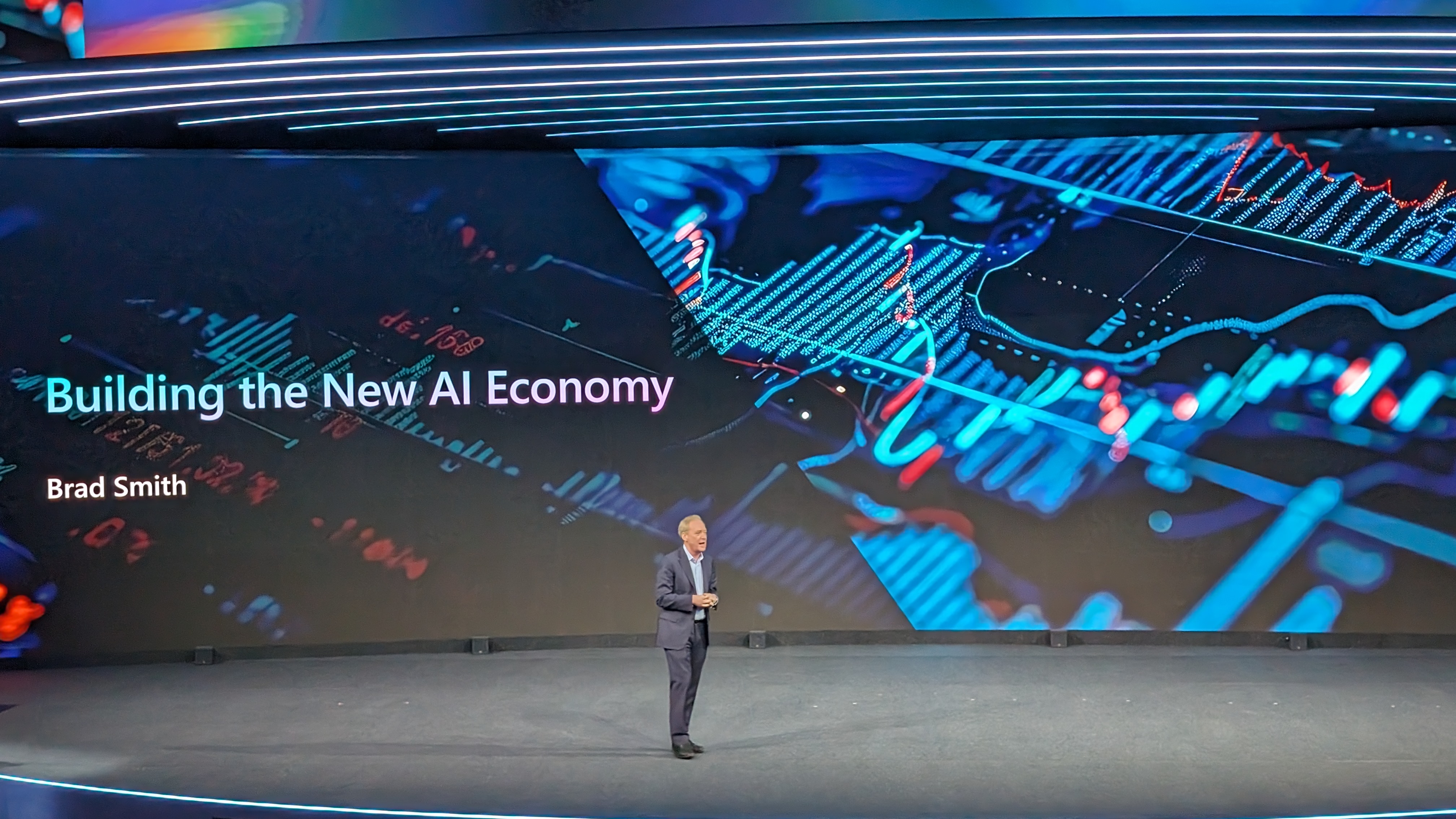
Our moderator is Sasha Twining, presenter at the GSMA's Mobile World Live, who now wlecomes Smith to the stage to talk about "The New AI Economy".
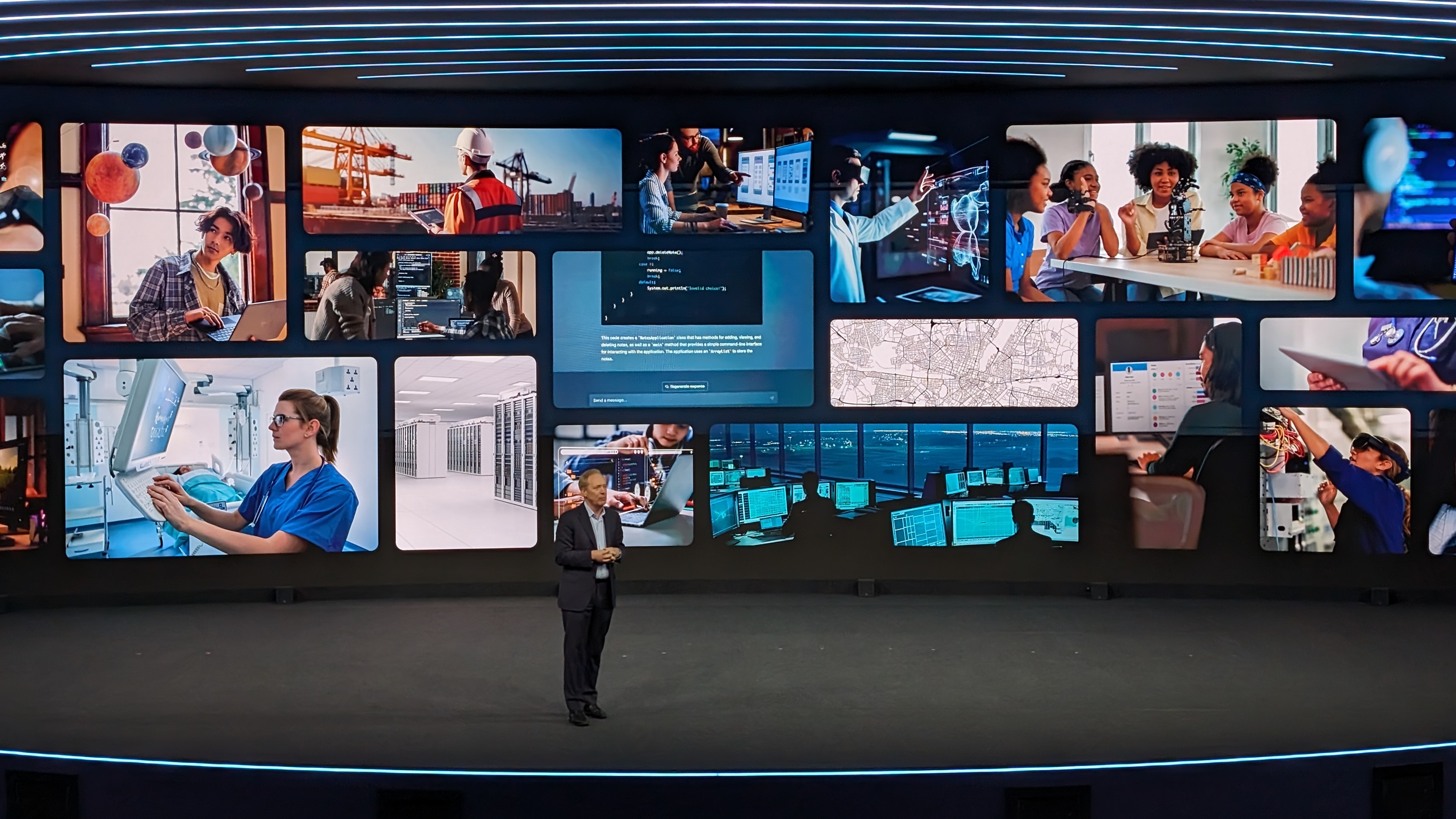
Smith notes that Microsoft has announced billions of dollars of investment in AI across Europe recenetly - but he admits that we're still very much at the beginning of understanding what AI can really mean.
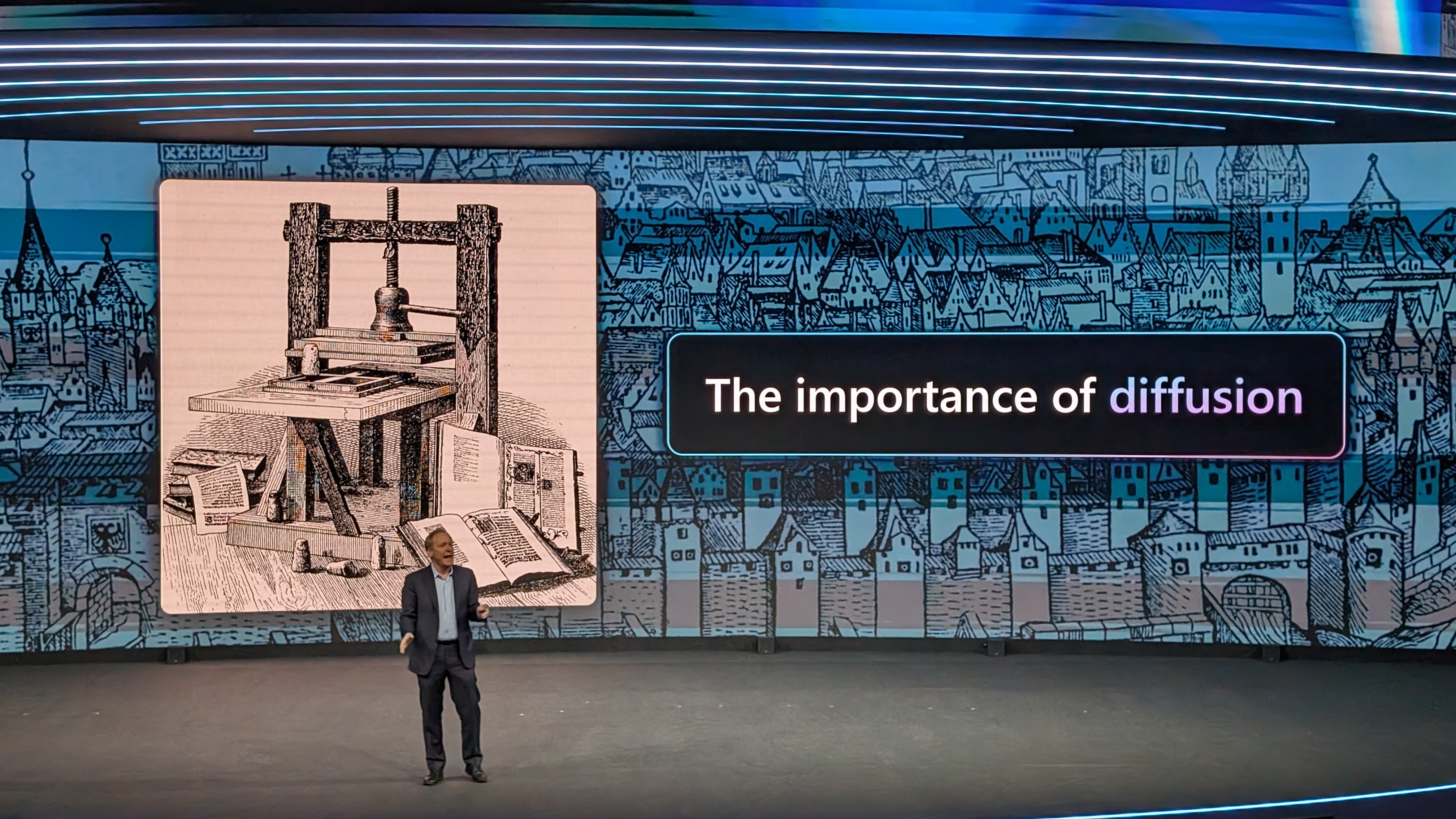
He compares AI to the printing press - saying it is possibly the most important invention since then, noting that both help people to reason, understand, and learn - much like AI.
But the printing press also allowed for the diffusion of knowledge and technology - and even created its own tech stack - ink, paper, resellers and more.
And all this meant the technology flourished and exploded - and made a whole lot more possible in all areas of life - "that is what great technology can do, when people come together to build a new sector of the economy, and use that technology to do good" - Smith says,
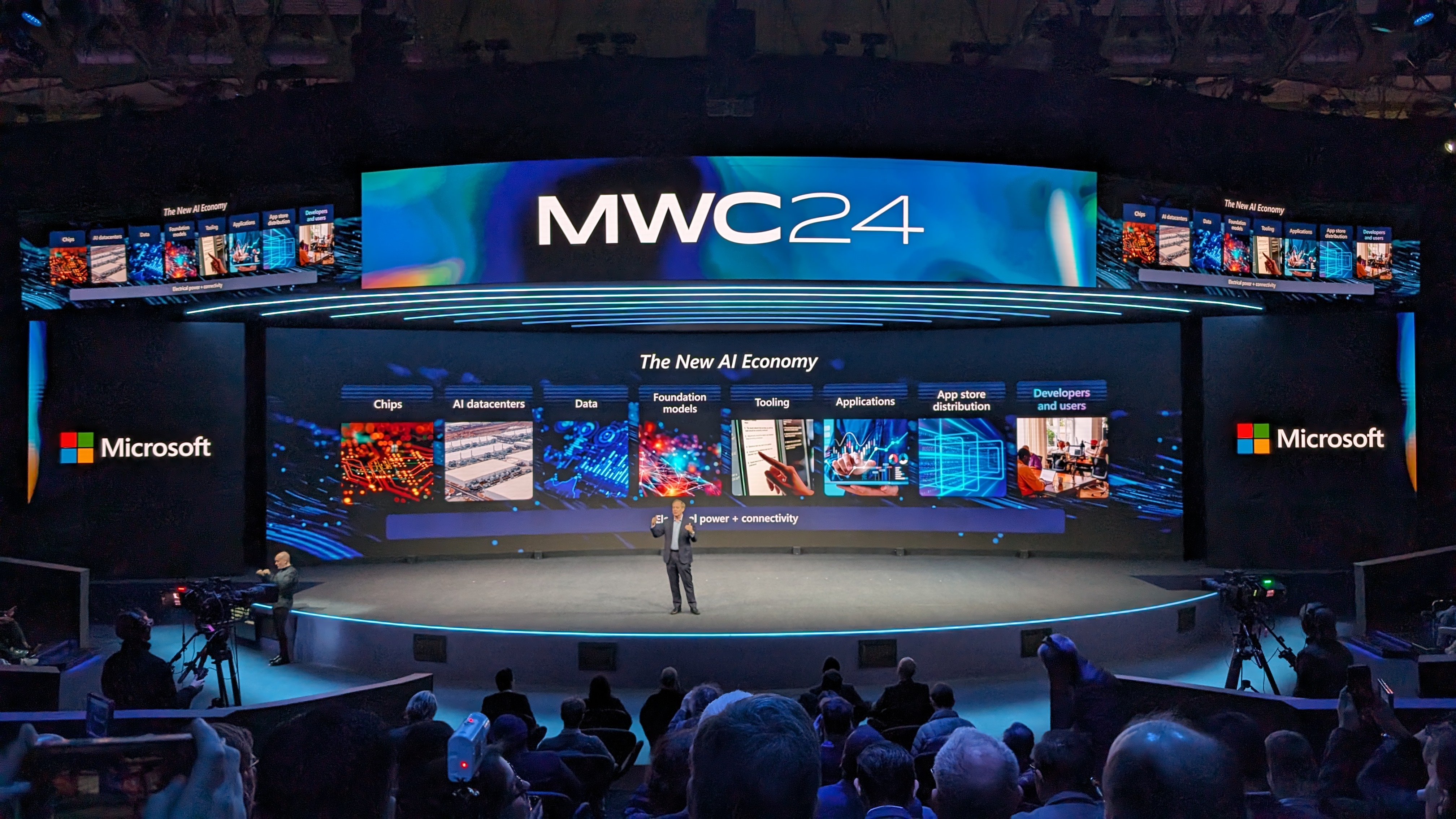
We are creating a new AI economy, Smith says - and this requires a hefty tech stack.
"The truth is, we all need to succeed together," he adds, noting that Microsoft sees its role at the center of development and research for the future.
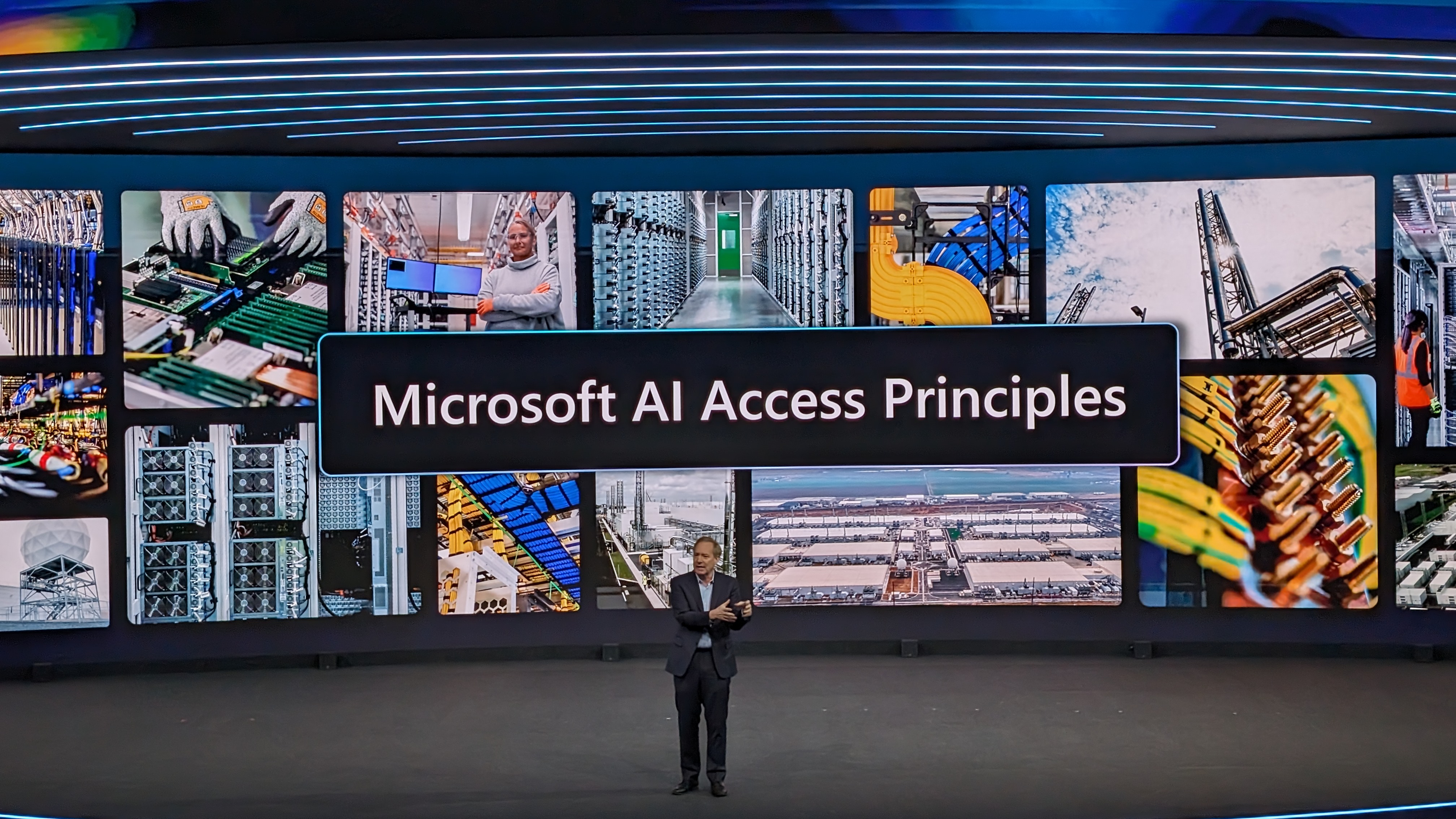
Microsoft wants to be at the forefront of getting AI technology out to as many people as possible, as quickly as possible, and to do so, it's announcing its new AI Access Principles.
This is made up of multiple goals, including fostering competition, meeting obligations under law, grow its partnerships, get customers and communities invovled, and be proactive and constructive.
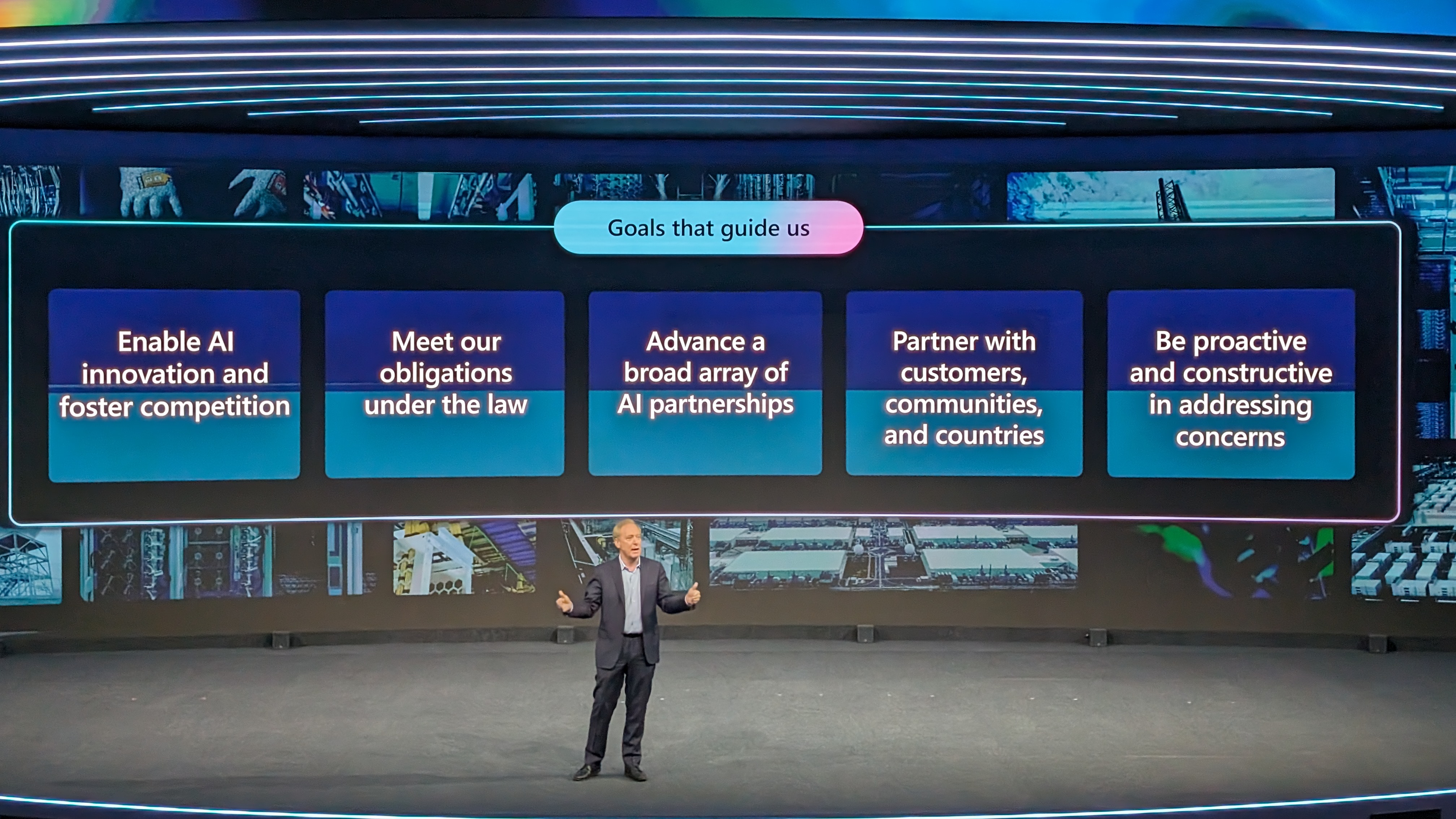
Partnerships are the main key, Smith says, noting that it requires broad thinking, partnering with not just fellow tech firms, but nations, customers and communities.
Access is another major cornerstone, he adds, with providing broad access, whether that be via enabling training and deployment of new models, or by making AI models and development tools broadly available to developers around the world.
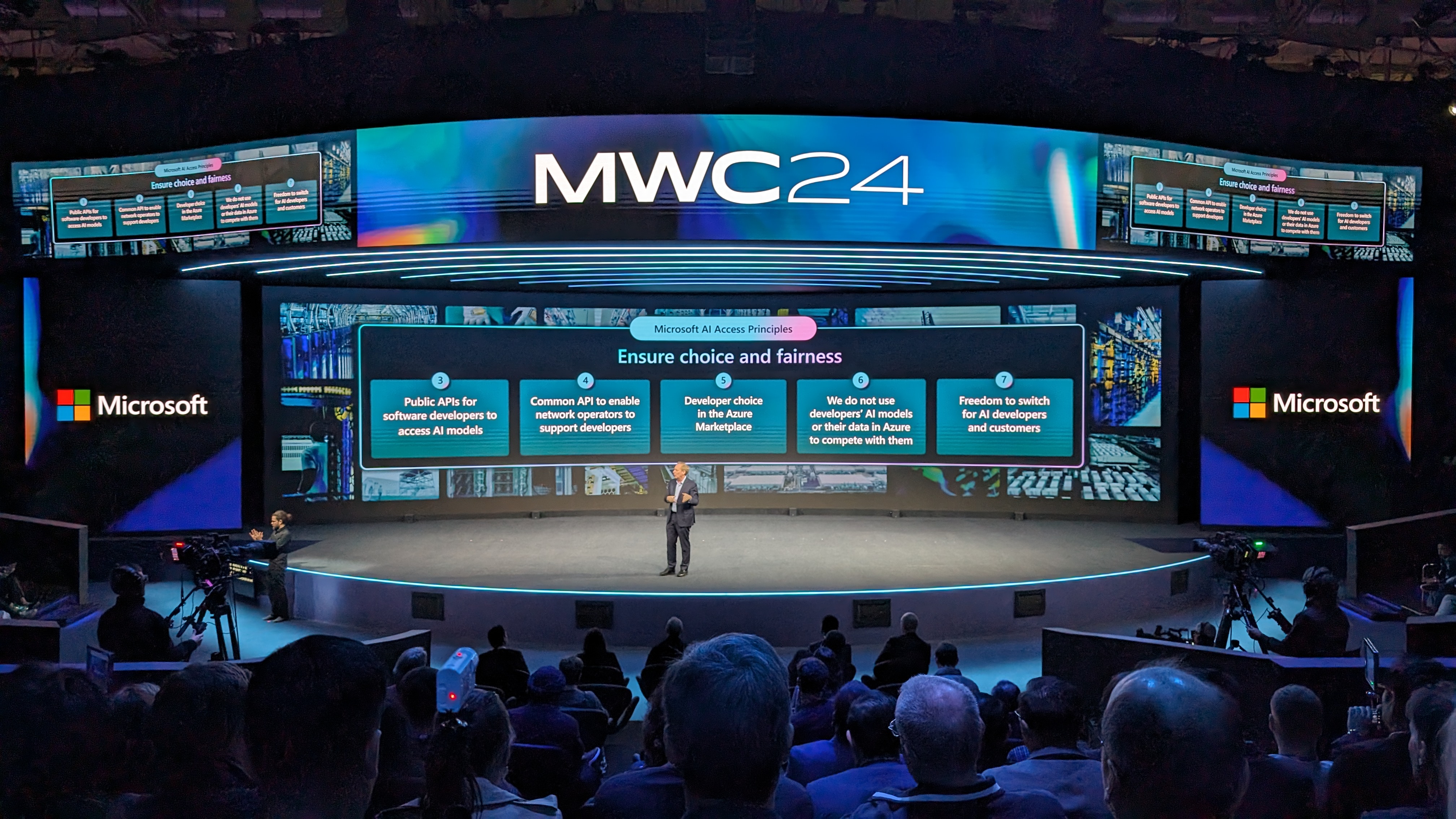
Ensuring choice and fairness is another central principle, Smith says, saying that a commitment to fairness starts by publicly publishing APIs, but also by offering developers choice in the Azure Marketplace, and giving developers and customers the freedom to switch if they want to.
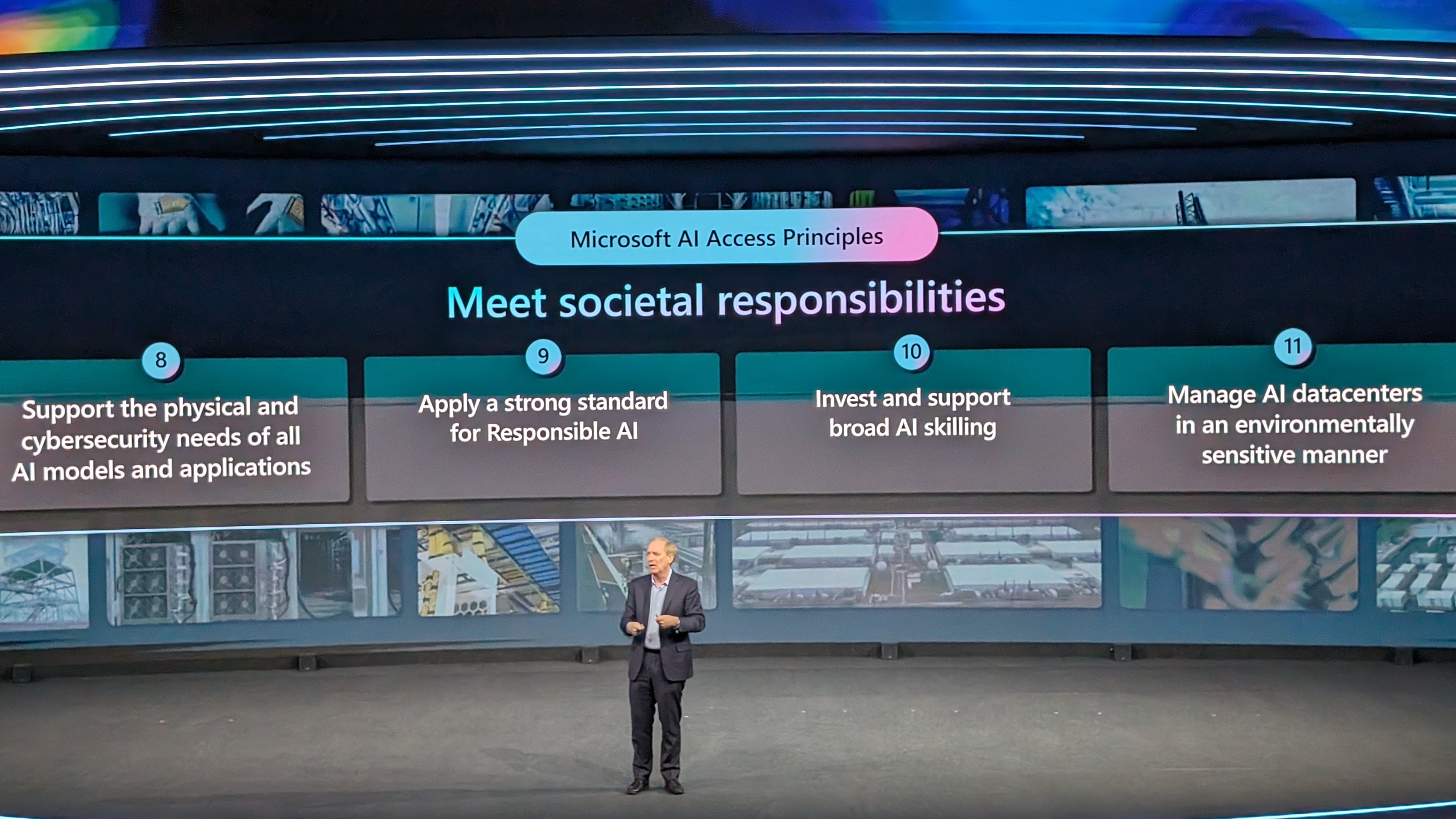
Lastly, Smith highlights how Microsoft is meeting its societal responsibilities. He notes that the company wants to take major steps forward, not just by supporting the physical and cybersecurity needs of all AI models and applications, but also by applying a strong standard for responsible AI.
Microsoft is also inesting in broad AI skilling, and will also manage its AI data centers in a green, environmentally sensitive manner, conserving water and using carbon-free energy.
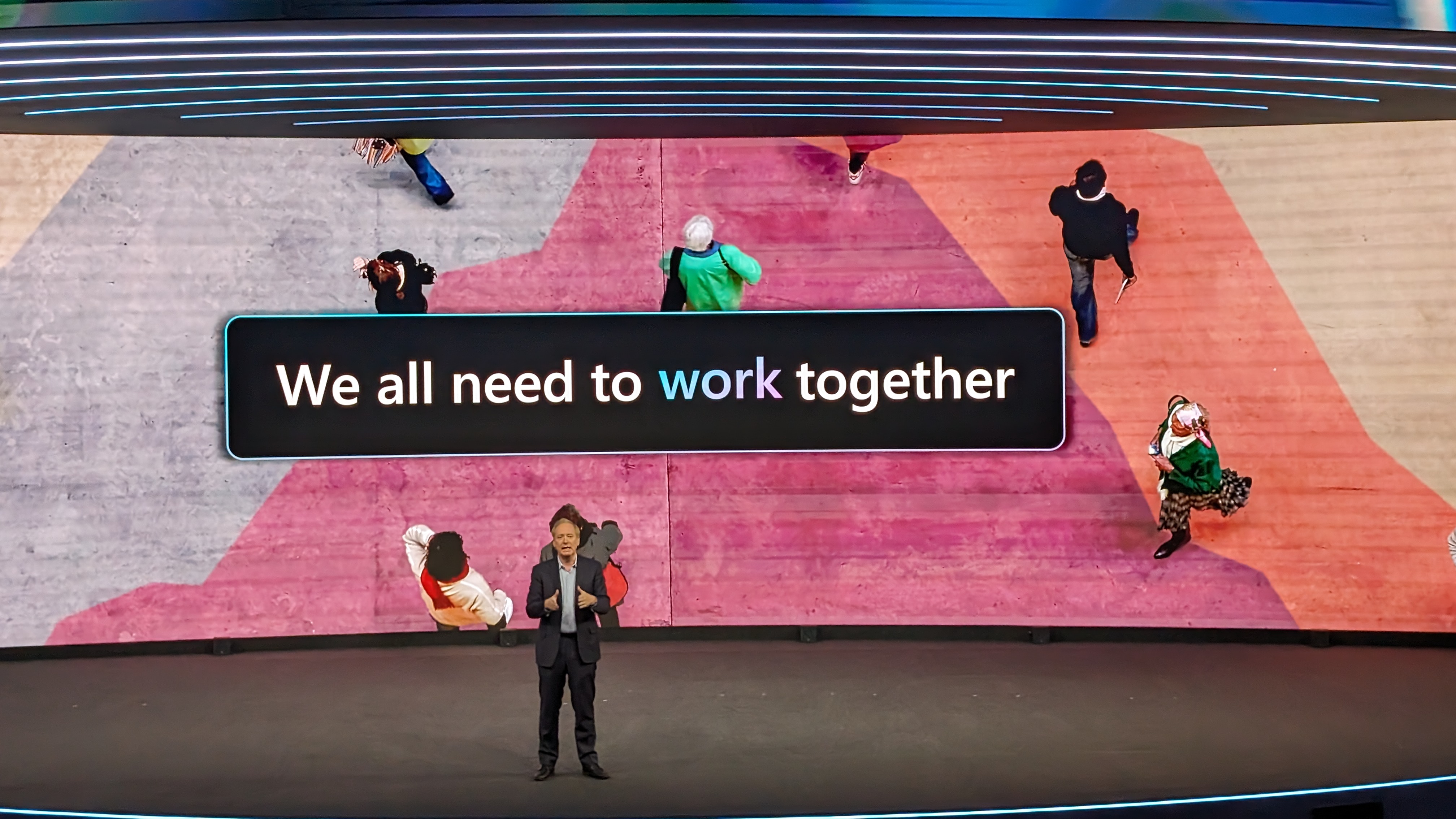
Smith ends on a positive note, pledging to get Microsoft working together with as many people as possible.
"We succeed together by working together."
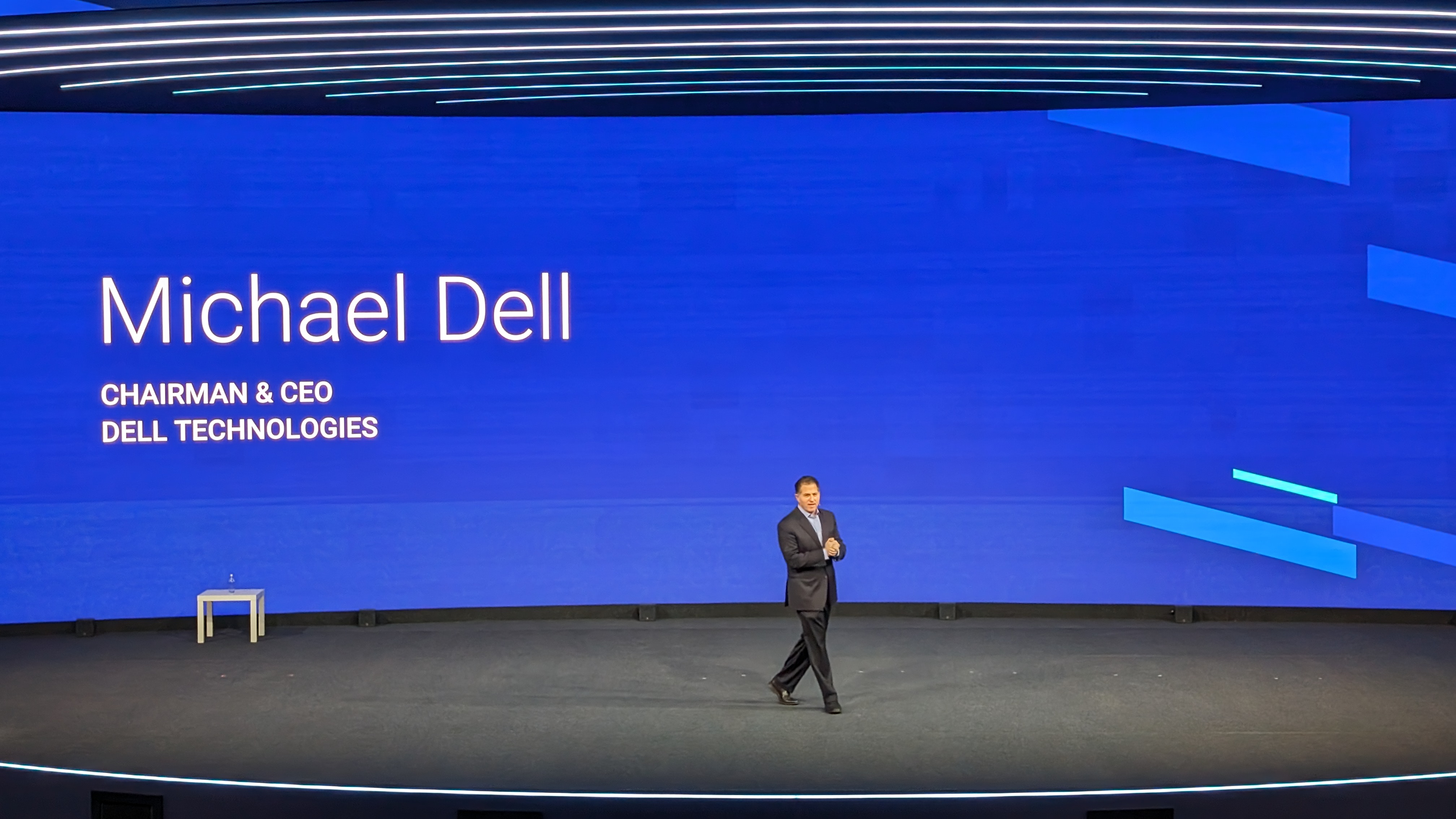
With that, Smith leaves, and it's time for Michael Dell, founder and CEO of Dell Technologies, to take to the stage.
"Our collective future has never been brighter," he notes, highlighting that Dell Technologies is set to celebrate its 40th birthday this year.
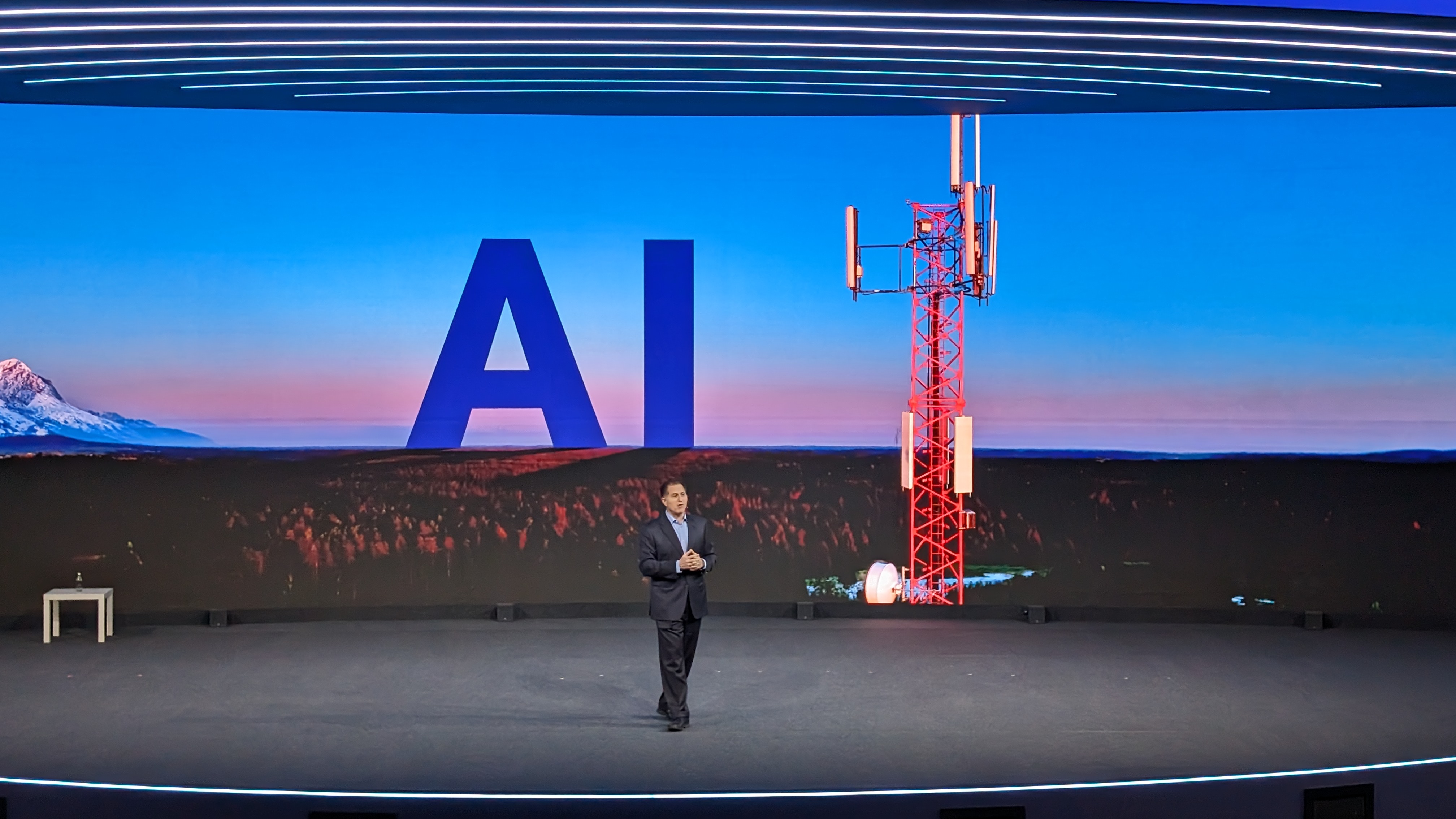
Dell moves on to AI (of course) and the importance of providing telecoms companies with the right kit to get the most out of the mountain of data being generated by AI's global takeover.
It's an opportunity for all of us to reimagine our organizations - especially for network operators, who can enjoy huge amounts of growth with the right technology.
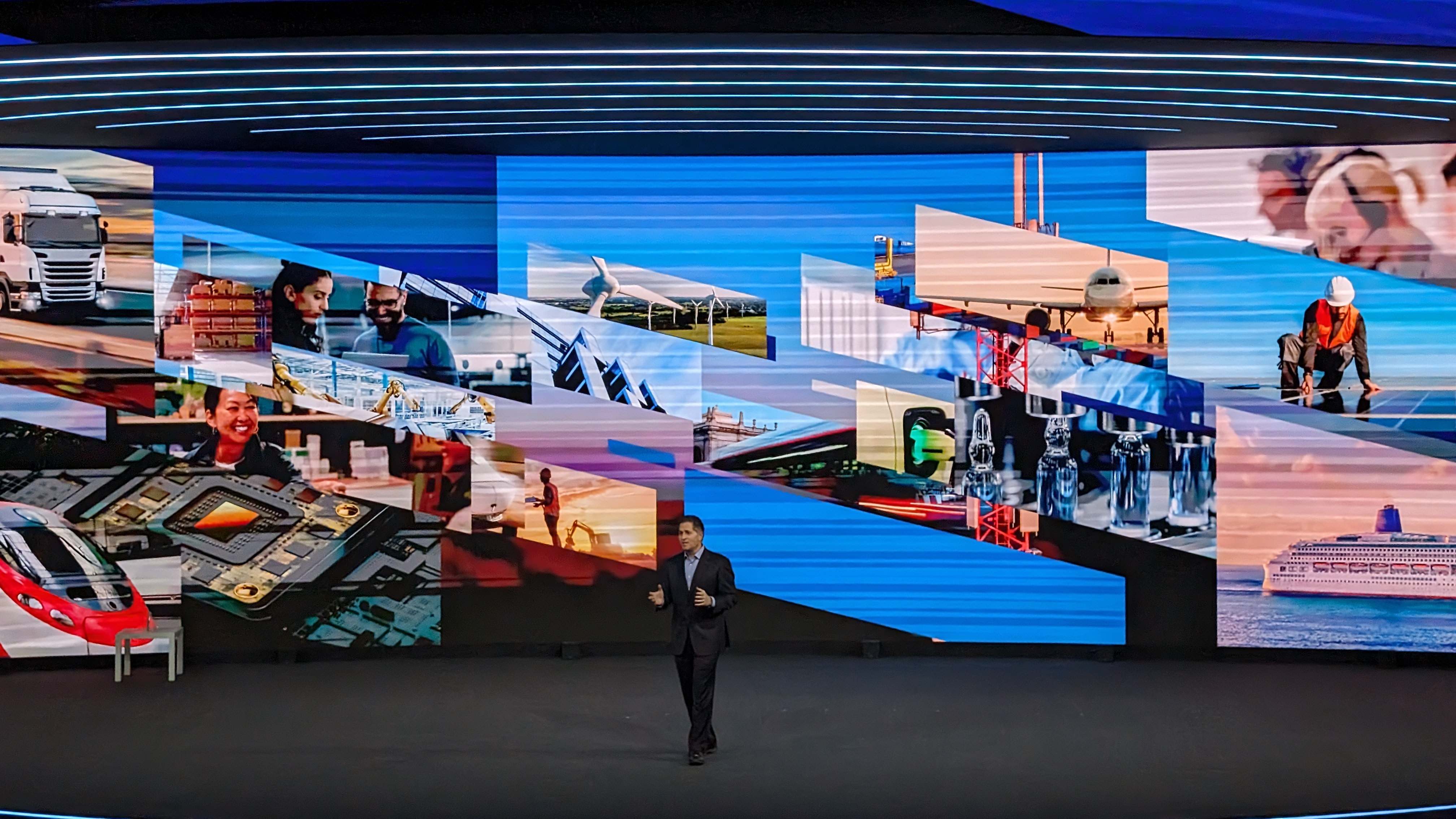
With the majority of data being generated in the edge, there is a need for infrastructure that can support that, bringing clouds and networks closer to the edge.
"You want to bring AI to your data, not data to your AI," Dell notes.
This is the moment for cloud transformation - and maybe this is scary, but what is scarier is what happens when you don't seize the opportunity, he says.
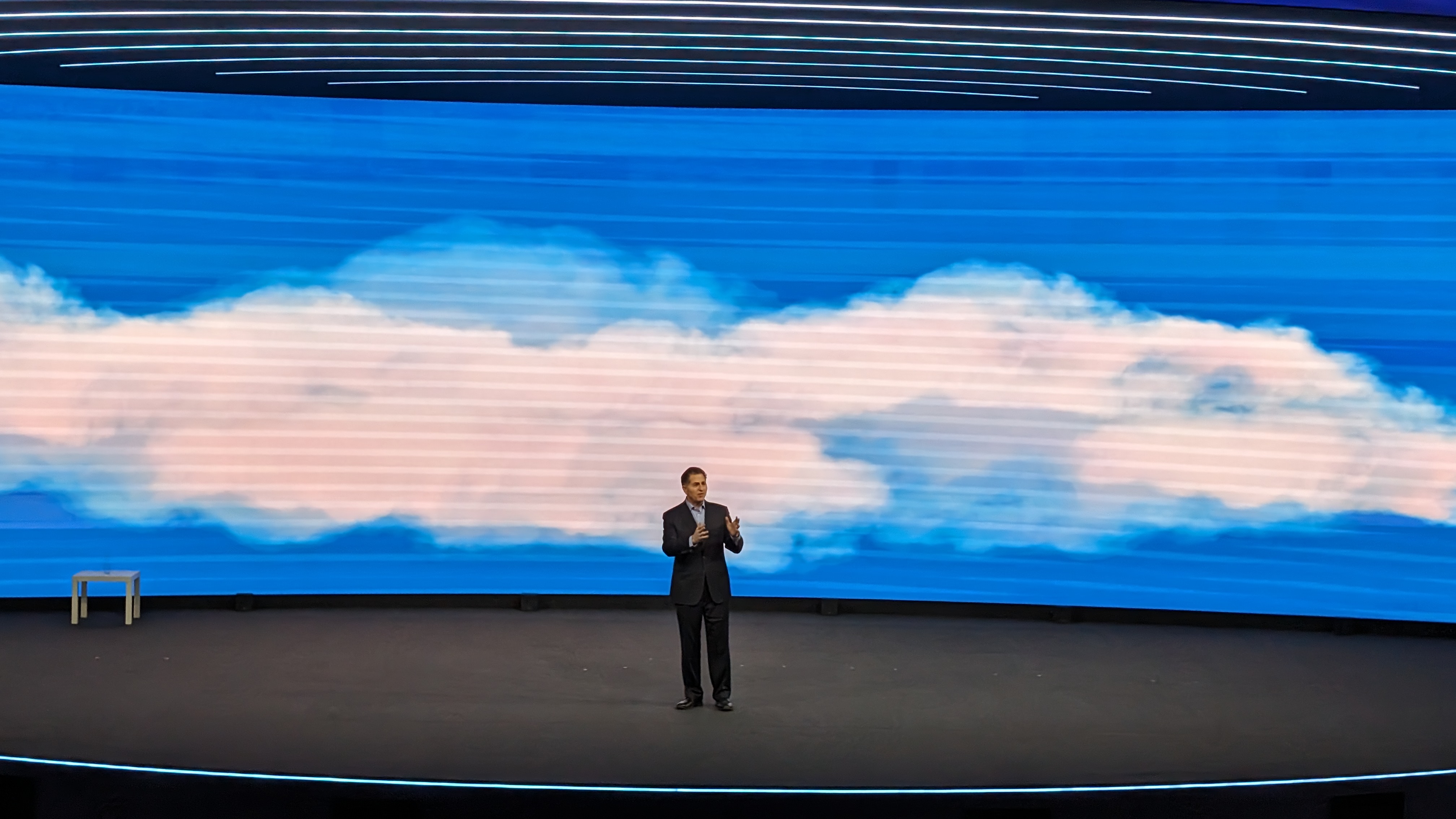
Dell has carried out a major focus on the telecoms industry, hiring more experts and creating specific software platforms to help assist companies looking to grow.
"We at Dell are ready to be your partner on this journey," he says.
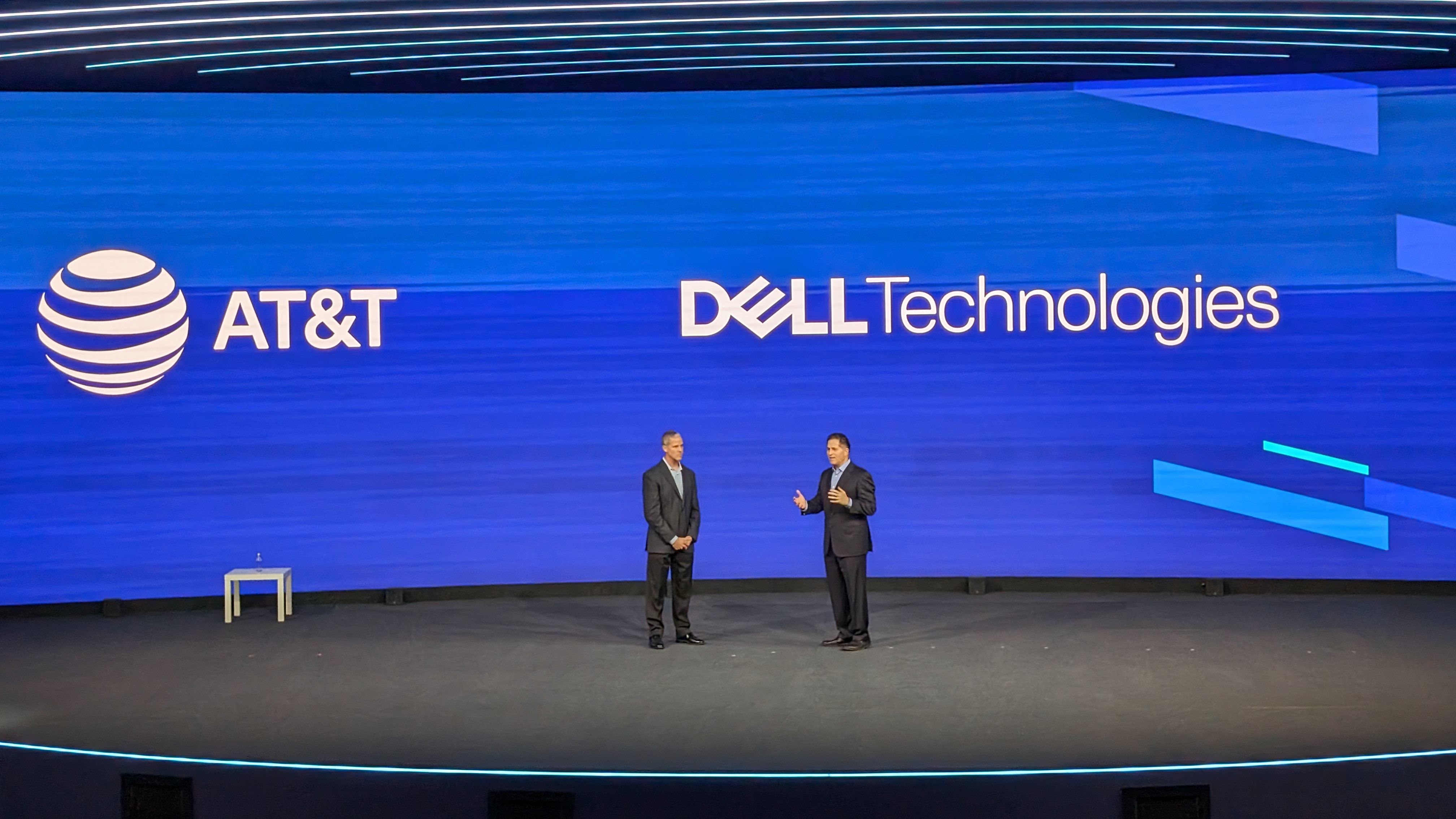
Dell is partnering with the whole telecoms infrastructure, he adds, showing its commitment to customers existing and future as they look to encourage growth across the board.
Dell welcomes Chris Sambar, Head of Network at AT&T, to the stage - who starts off with an immediate apology for last week's major outage.
He goes on to say it's an exciting time to be in the telecoms space, and how he believes, "the network can be a killer app" thanks to a recent Ericsson announcement that will let customers run services on its network.
"We think the ability to make our network more agile and more nimble is really important," Sambar notes.
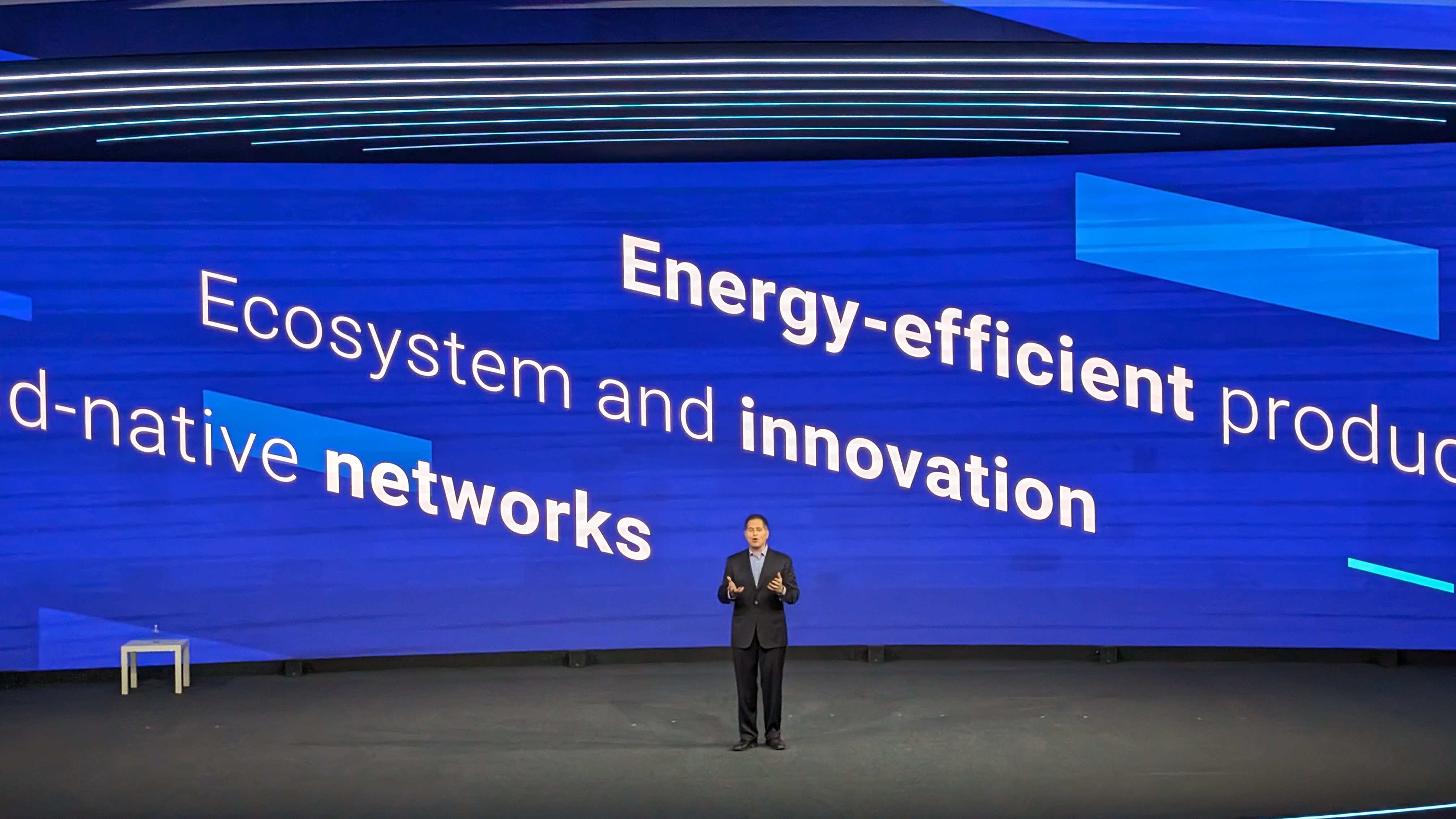
Sambar departs, and it's over to Dell to wrap up.
"These are exciting times - and we're just getting started," he says, noting there are a variety of programs and pilots underway already to push innovation even further.
Looking forward to the future, Dell notes that the transformation to come can only mean success for partners and customers everywhere, and pledges to keep supporting every step of the way.
"What's next is now," he says, leaving the stage.
And with that, it's a wrap on day one of Mobile World Congress 2024.
We're off for some food and rest, and will be back tomorrow with more news, announcements and keynotes of day two - see you then!
We're back for day two of MWC 2024 - it's a packed day of interviews and briefings for us (more on that to come over the next week or so...) but elsewhere, there's still plenty of news ticking around, so stay tuned for all the key updates.
Nokia confirms launch of commercial Cloud RAN solutions following successful tests
Nokia is set to launch its anyRAN solutions to commercial customers this year following the successful completion of several trials across the globe. The company says its services provide consistent performance and interoperability with a wide range of common software, making it ideal for industry partners everywhere. It will also be launching anyRAN for enterprise in partnership with Cisco, HPE and Microsoft, which will see the companies offer private wireless solutions to enterprise customers. Tommi Uitto, President of Mobile Networks at Nokia, said: “Last year, we launched anyRAN to give our customers more flexibility with Cloud RAN and we have since made huge strides in making Cloud RAN a commercial reality by completing numerous pilots and trials with the wider industry. We are now extending our reach to private wireless by offering more choices on core with our industry partners. High-quality and reliable RAN solutions are essential for enterprises to support their mission and business-critical applications and enable business growth. The strength of our industry partnerships means we can drive efficiency, innovation, openness, and scale by jointly delivering competitive advantage to operators and enterprises embracing Cloud RAN.”
Google brings more AI to your smartphone, boosts mobile accessibility tech
With AI at the forefront of Google’s work in many areas, the company has revealed several new upgrades, including using its Gemini platform to write in Google Messages, and a feature for Android Auto that can summarize long text messages and sum up group chats. Elsewhere, it is also improving accessibility for users, firstly through its Lookout mobile app, designed for visually-impaired users, which will new use AI to generate captions for images that have missing or inaccurate captions or alt text, as well as improved screen reader support for Lens in Maps. Finally, users will now be able to make handwritten notes on Android phones or tablets using just a finger or a stylus, including being able to choose from different pen styles and even colors to highlight certain points in a document.
Attacks on mobile devices saw a huge rise in 2023: Kaspersky
Security firm Kaspersky has revealed it saw a major surge in attacks against mobile devices in 2023 as hackers widened their threat landscape. The company says it observed 33.8 million attacks last year, a 50% increase from 2022, with adware found to be the most prevalent threat constituting 40.8% of all threats detected. Official and unofficial app stores were found to be equally popular targets, with fake investment apps a particularly nasty threat. “The surge in Android malware and riskware activity throughout 2023 marks a concerning shift after a period of relative calm. Reaching levels reminiscent of early 2021 by year-end, this uptick underscores the significant threat users face. It's a stark reminder of the importance of remaining vigilant and implementing robust security measures to protect against evolving cyber threats," said Anton Kivva, mobile security expert at Kaspersky.
Palo Alto Networks launches private 5G security solutions
Palo Alto Networks has launched end-to-end private 5G security solutions and services in collaboration with leading private 5G partners including NETSCOUT, Nvidia, NTT Data and more. The company says that as the importance of 5G networks and the data they carry rises, hackers and criminals are also increasingly keen to target such networks. Palo Alto says its secure system will enable customers to build security into their networks from the ground up, protecting the entire 5G infrastructure and mission-critical traffic it carries.
GSMA: Emissions from mobile operators are beginning to fall
The carbon emissions of mobile network operators fell by 6% globally between 2019-2022, the latest edition of the GSMA’s Mobile Net Zero report has claimed. The fall has come despite a surging demand for data and connectivity that saw the number of mobile connections globally rose by 7% over those years, while internet traffic more than doubled in the same period. The GSMA, which is aiming for the mobile industry to become one of the first sectors in the world to reach net zero by 2050, said the decline was particularly helped by improved energy efficiency efforts in networks, data centres and offices, as well as the electrification of fleets and generators. The use of renewable energy by operators also played a part, rising from 33% from just 14% in 2019.
VMware revives VeloCloud brand for new SASE offering
Vmware has unveiled VMware VeloCloud SASE, a single-vendor SASE solution bringing together VeloCloud SD-WAN, and Symantec SSE. The company originally acquired VeloCloud back in 2017, before phashing out its branding, but has now brought it back as it launches a new SASE product.
Lenovo is partnering with iFixit to make laptop repairs easier than ever
Computing giant Lenovo has announced a partnership with repair experts iFixit that should finally see it become less of a pain to repair your broken laptop. The company's latest flagship ThinkPad laptops will feature design tweaks that make some components easier to access and replace, including the battery, the Wi-Fi module, the SSD, the RAM, display and even the keyboard. The device features easy access screws that will give users a smoother way to access the innards, with QR codes printed on replacable components linking to how-to videos with all the advice they will need.
That's a wrap here on day two of MWC! We hope you've enjoyed our rolling coverage - we're off back to our hotel and recharge, but we'll be back tomorrow for the final day, including more news and announcements, so join us then!
It's our final day of MWC, and even though we won't be at the event, there's still plenty of news to come - news such as...
AI and wireless firms form AI-RAN Alliance to boost interoperability, investment
Some of the world’s leading technology firms have come together at MWC 2024 to form a new collective looking to boost networking technology with AI. The new AI-RAN Alliance is backed by the likes of AWS, Nokia, Ericsson, Microsoft, Arm, Nvidia, Samsung and more, and looks to bridge the gap between traditional telecom infrastructure and AI with the mission statement of, “Transform the network. Transform our business.” The group adds that it wants to make existing networks more intelligent, efficient and reliable, boosting sustainability whilst also harnessing previously unrecognized use cases.
GSMA push will lead to huge growth in IoT eSIM connections
A new study by analyst firm Juniper Research has forecast that the number of IoT eSIM connections will easily top one billion across the world within the next few years. The firm says recent moves by the GSMA to launch new technical specifications will allow more enterprises than ever to embrace eSIM technology, with the number of connections predicted to close in on 1.3 billion by 2028 - a growth of 680% from its current status.
NTT, Schneider Electric partner on launch of Private 5G+Edge Data Centers to deal with AI explosion
NTT Data has unveiled a partnership with Schneider Electric that will see the pair launch a new solution aimed at helping businesses harness the power of AI and edge computing. The new solution will apparently combine Edge, Private 5G, IoT, and modular data centers, allowing for edge connectivity anywhere, even in the most remote location, and able to deal with the massive amounts of compute-heavy use cases such as AI inferencing applications generating huge amounts of data.
That's a wrap on our MWC 2024 coverage - it's been an epic few days, but we've seen and heard a *lot*.
This isn't the end though, as we have plenty of interviews with some of the world's top technology firms to write up, so stay tuned for even more great content soon!
Intel unveils its most powerful processors yet
At MWC, Intel today unveiled its most powerful commercial chips to date, offering huge improvements over previous models, with Intel publishing some impressive stats over its competitors. You can read the full article here.
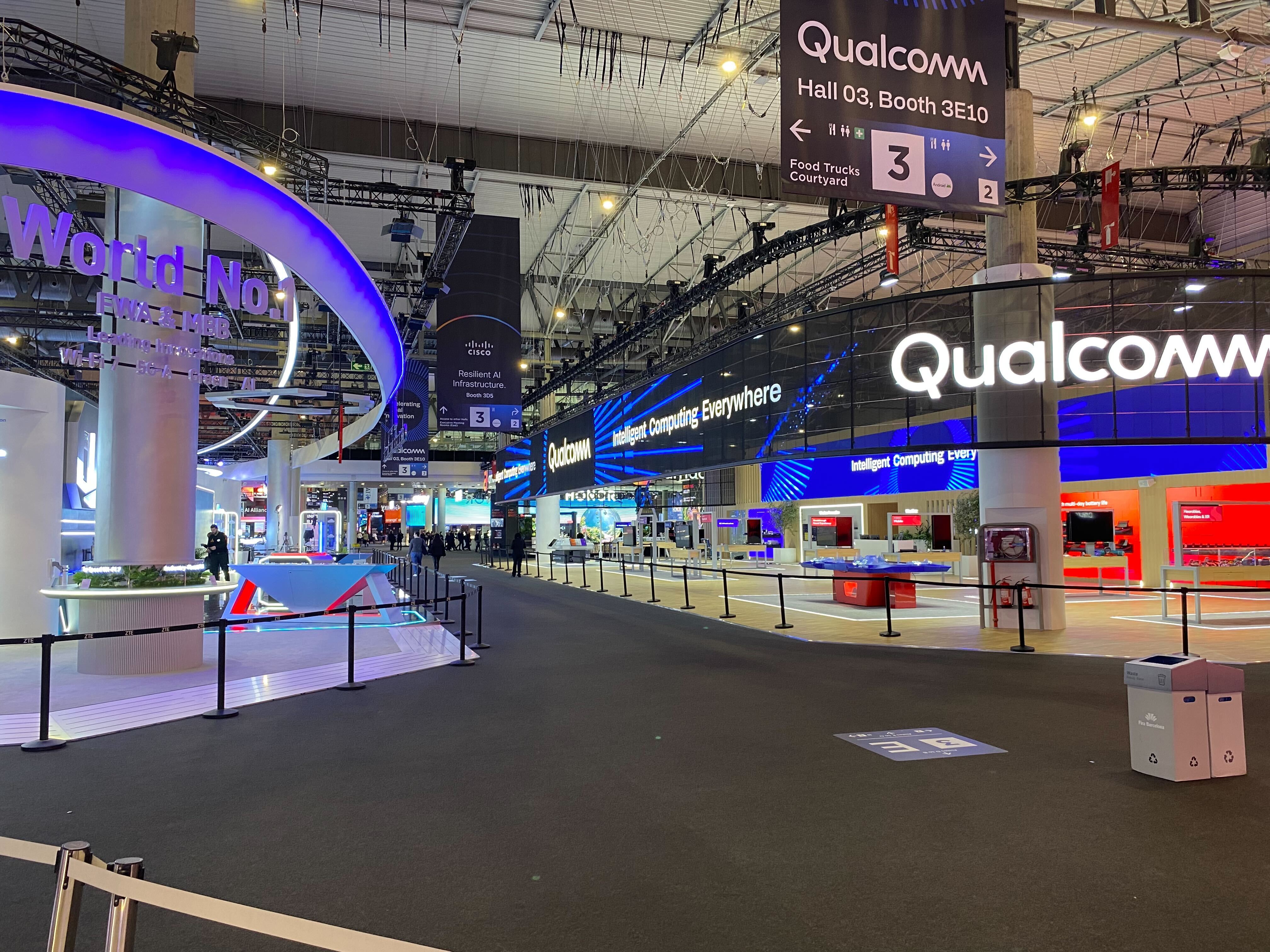
That's a wrap from me on the ground at MWC 2025, and what an event it has been. Too many announcements to count, some incredible innovations unveiled in cloud, data, security, processing, and much much more.
It might only be a Wednesday, but it feels like a Friday here at La Fira. The Estrella wagons are certainly seeing more customers than on Monday.
We will still be keeping an eye out for any last minute announcements and news, so be sure to check back tomorrow.
It's been a blast, and I hope you've enjoyed reading along live, and we'll see you next year for MWC 2026!
You must confirm your public display name before commenting
Please logout and then login again, you will then be prompted to enter your display name.